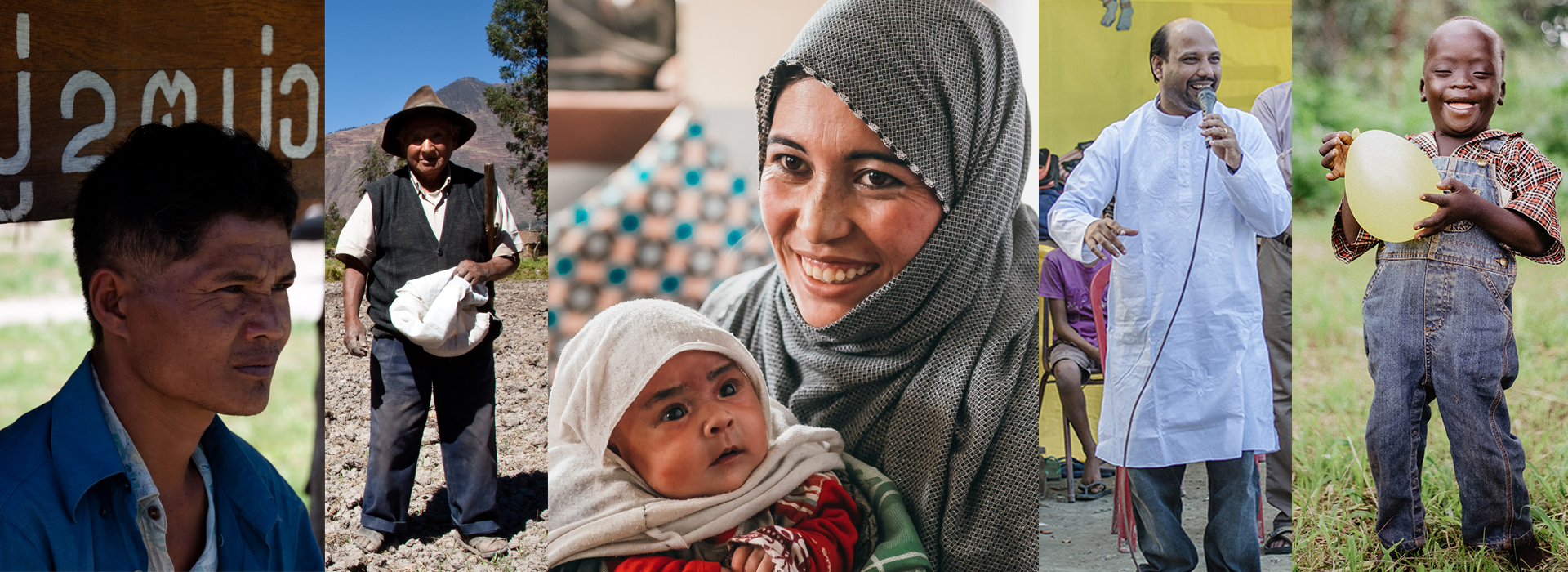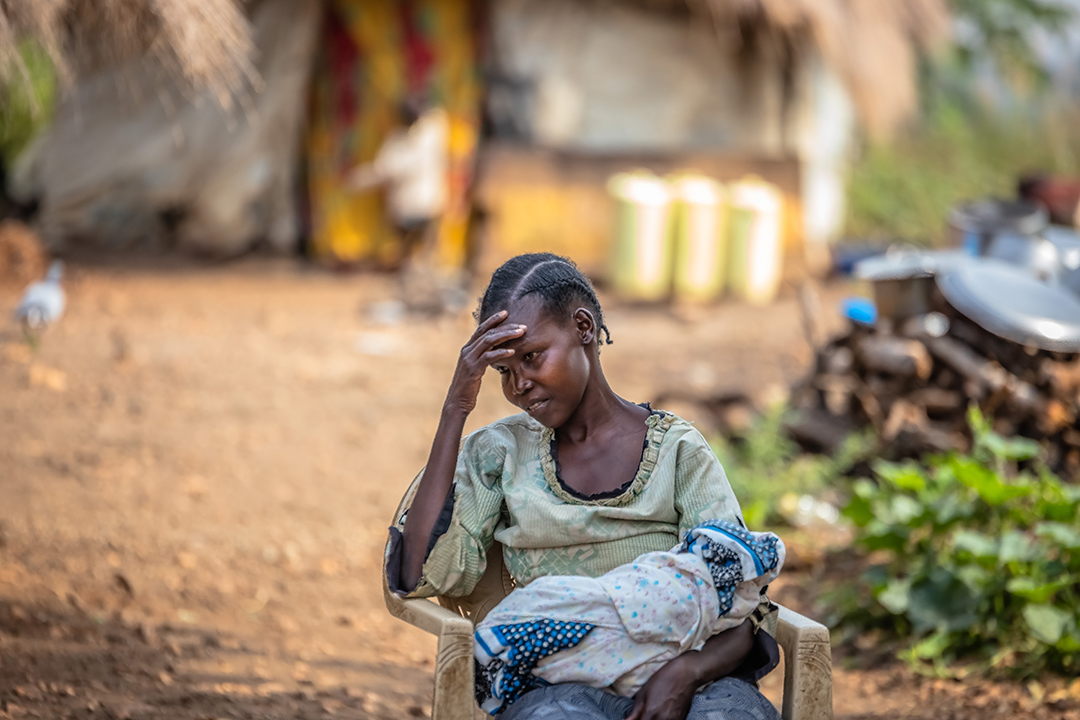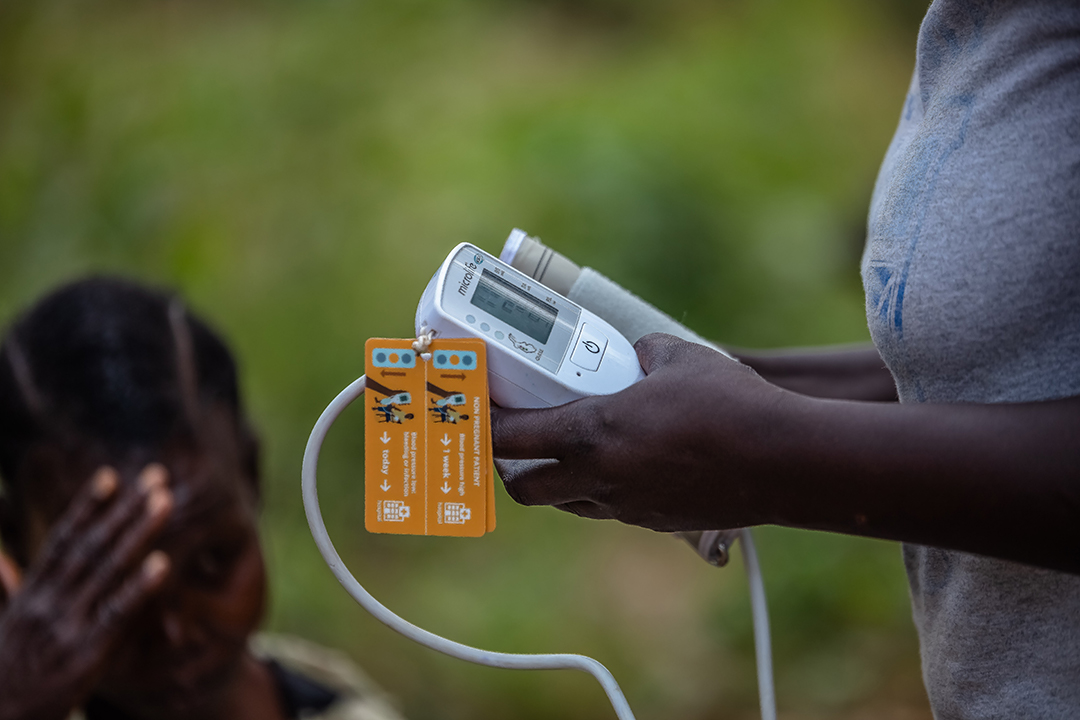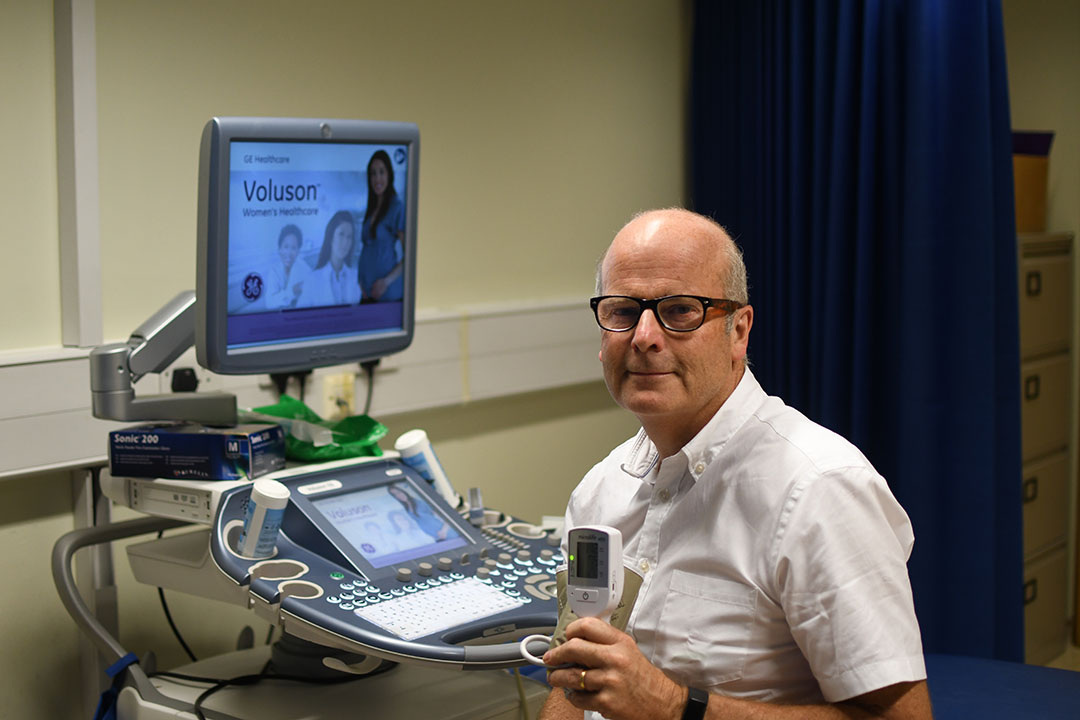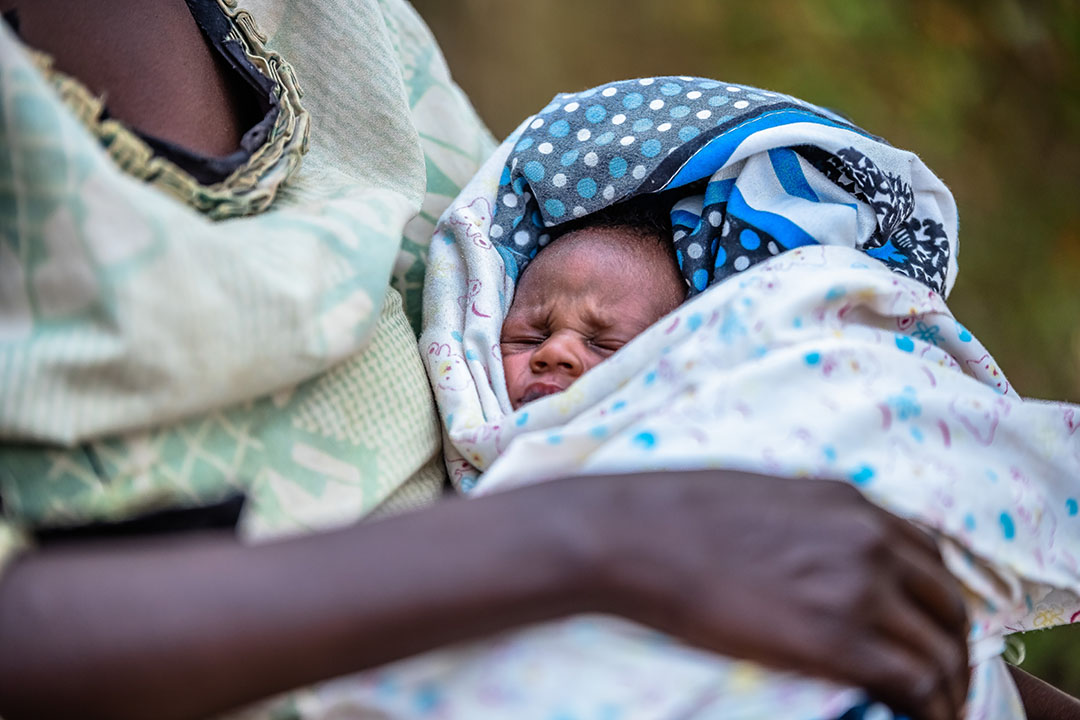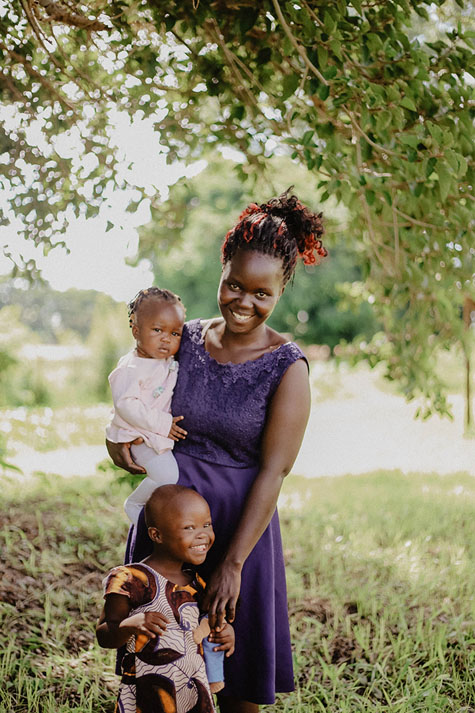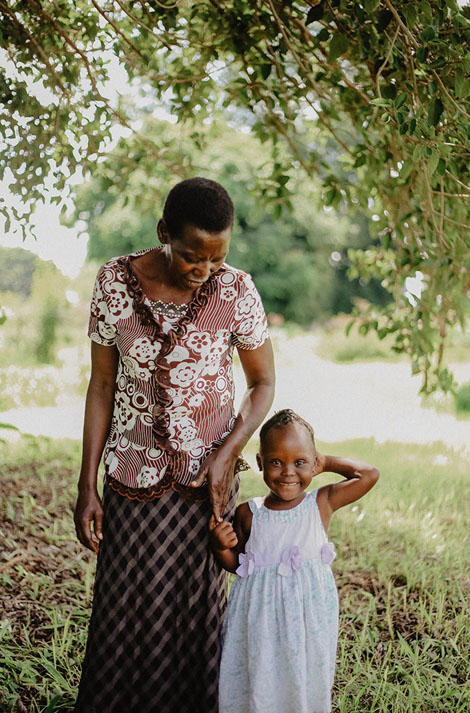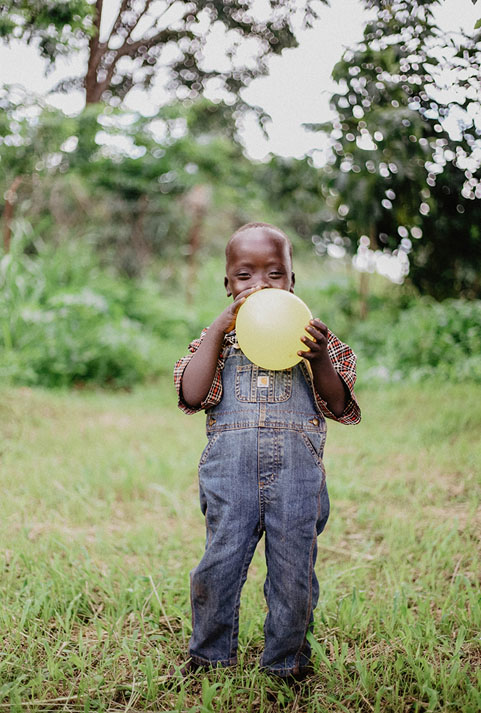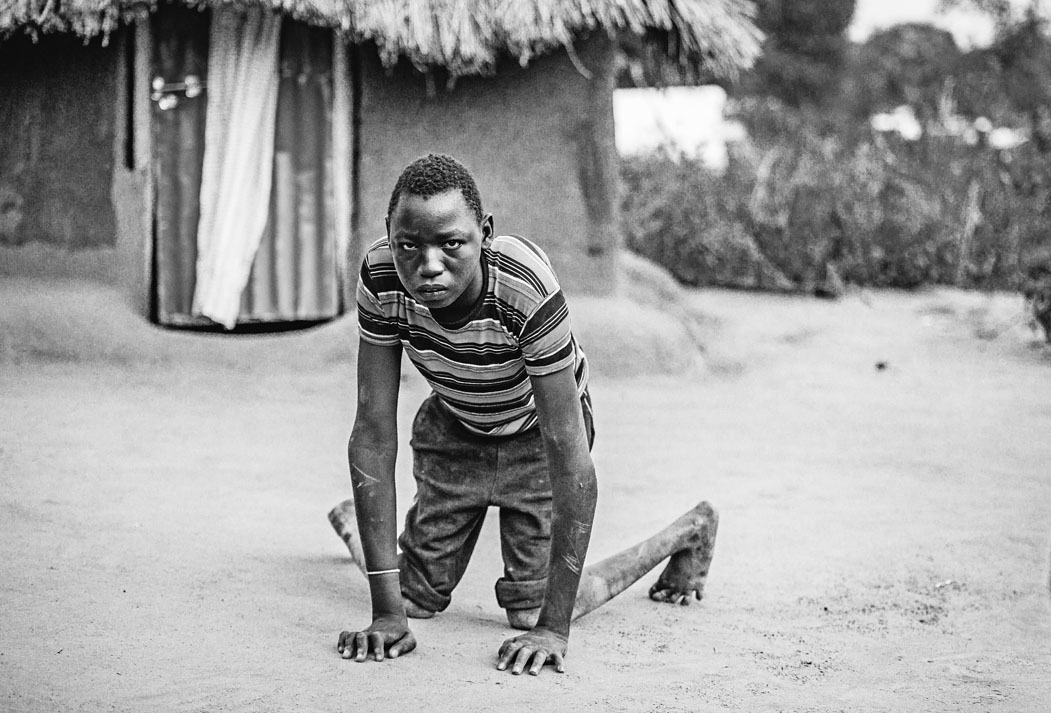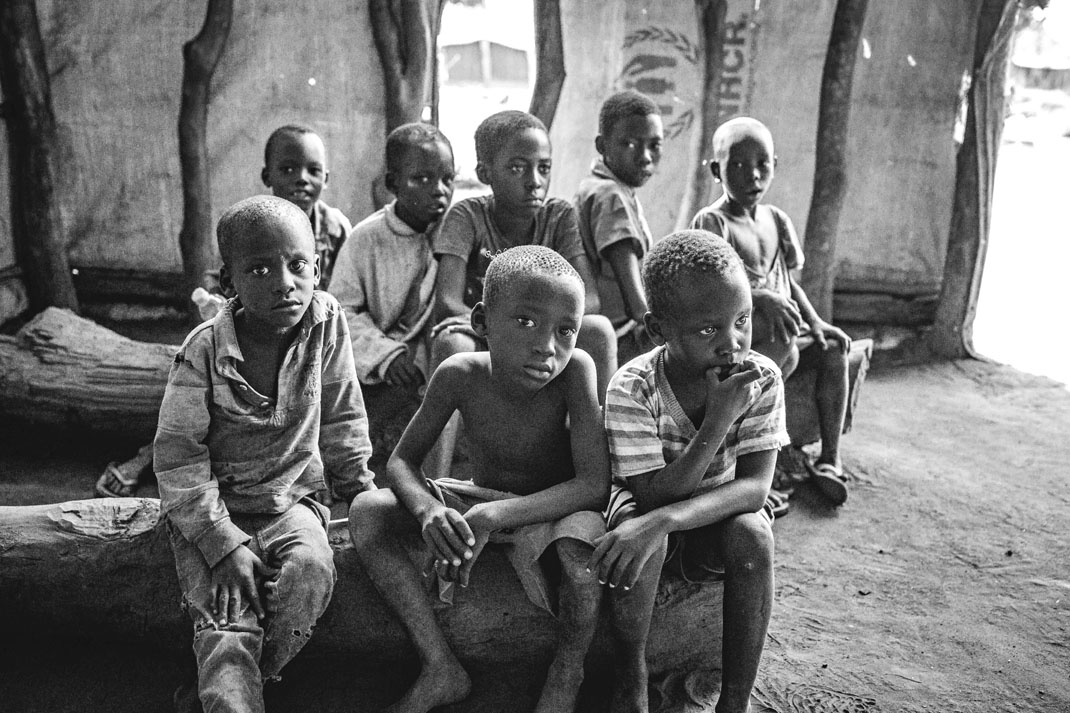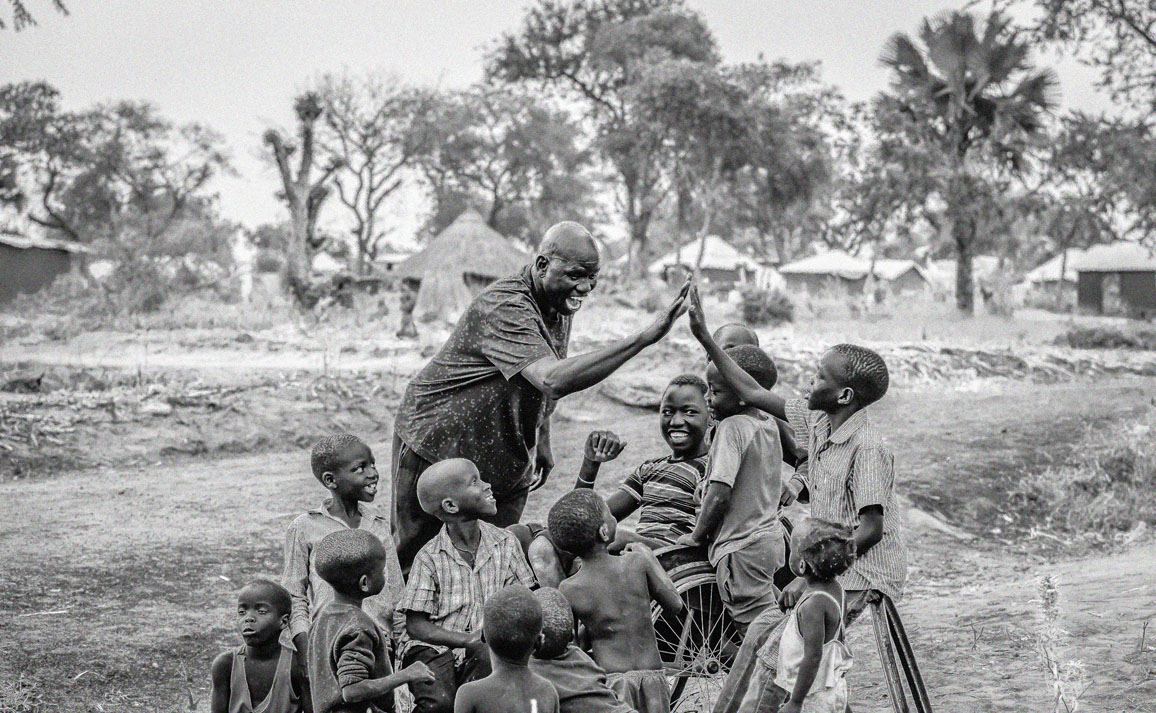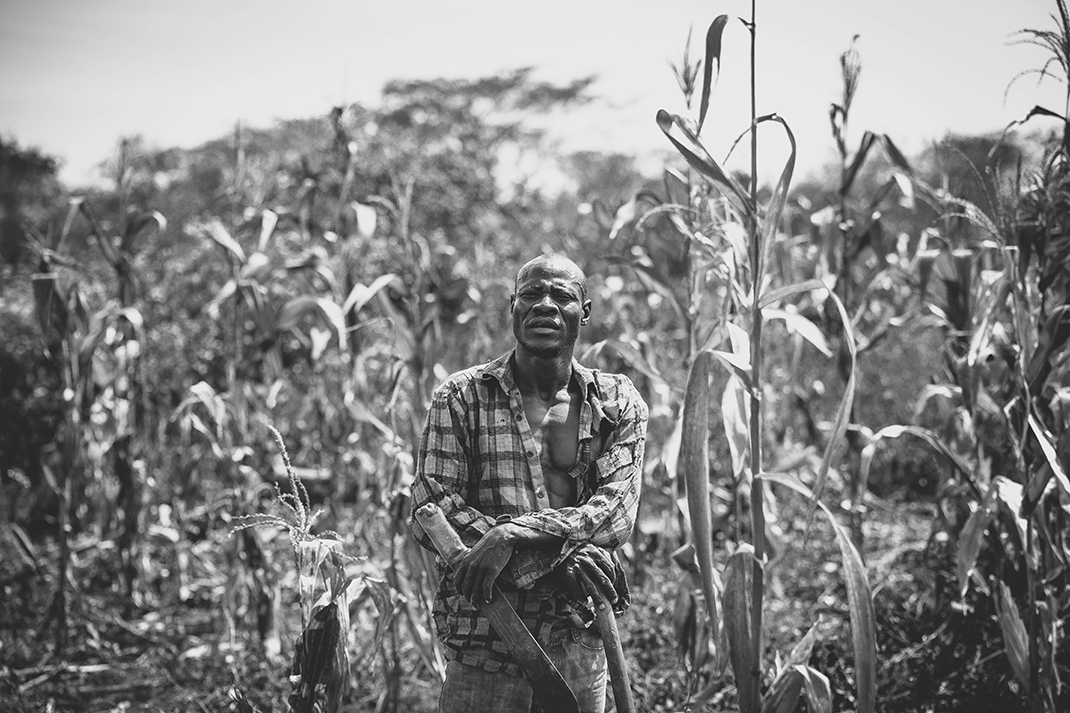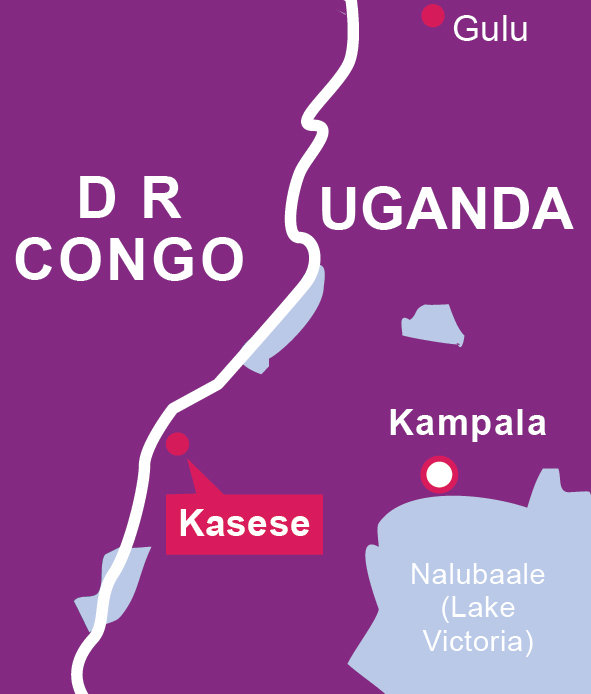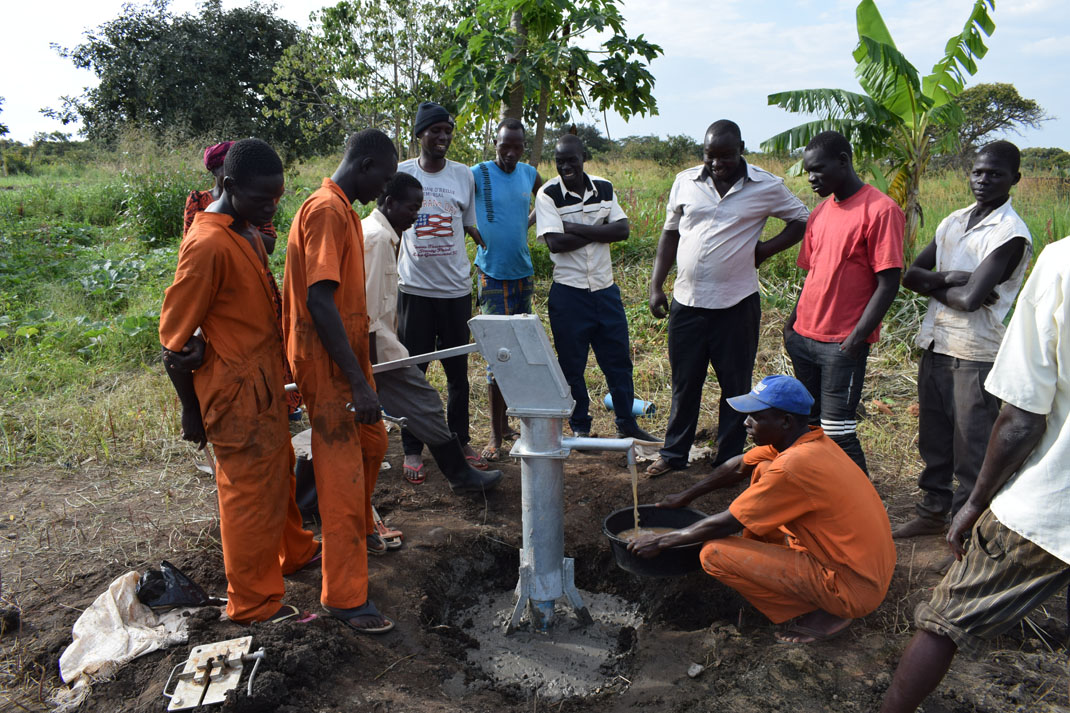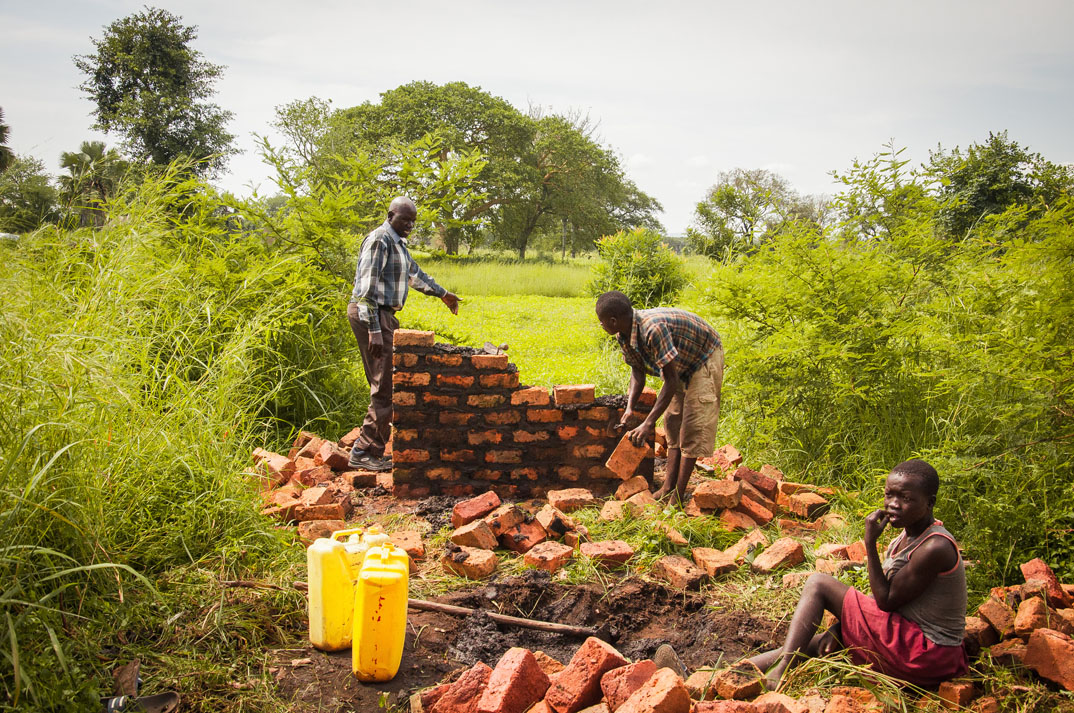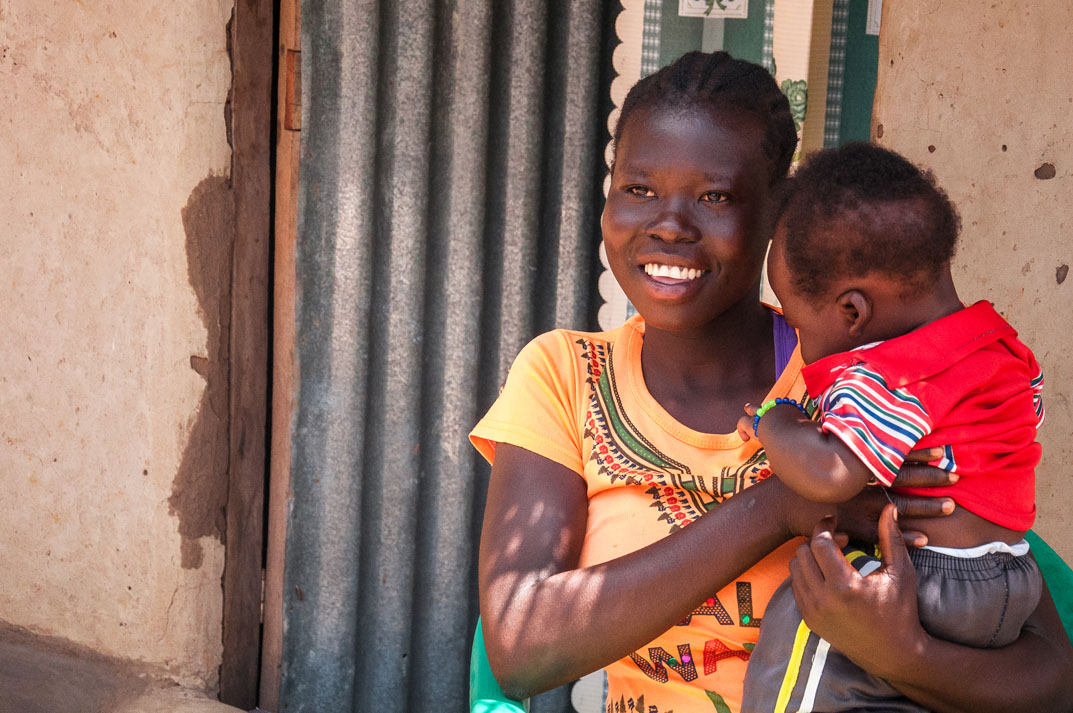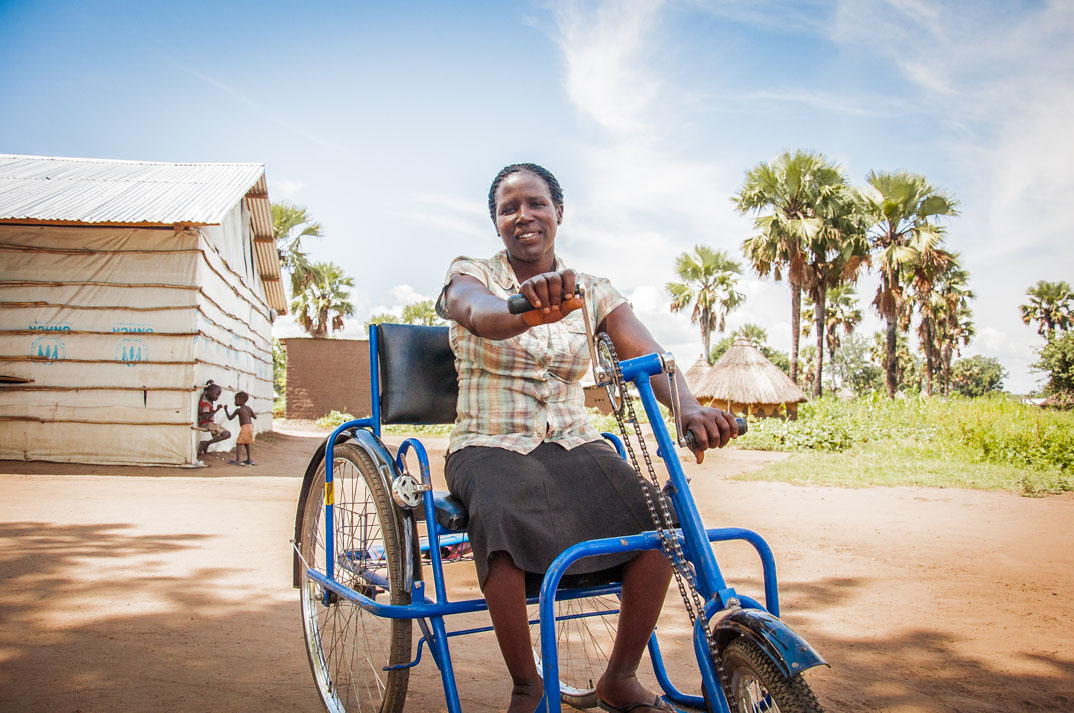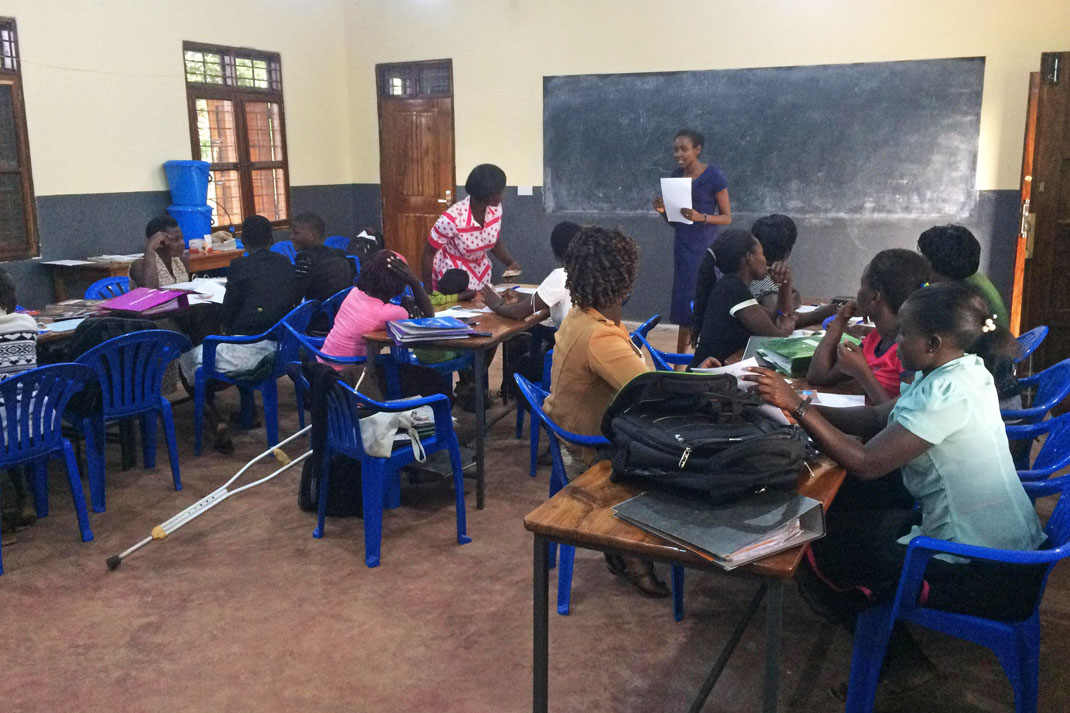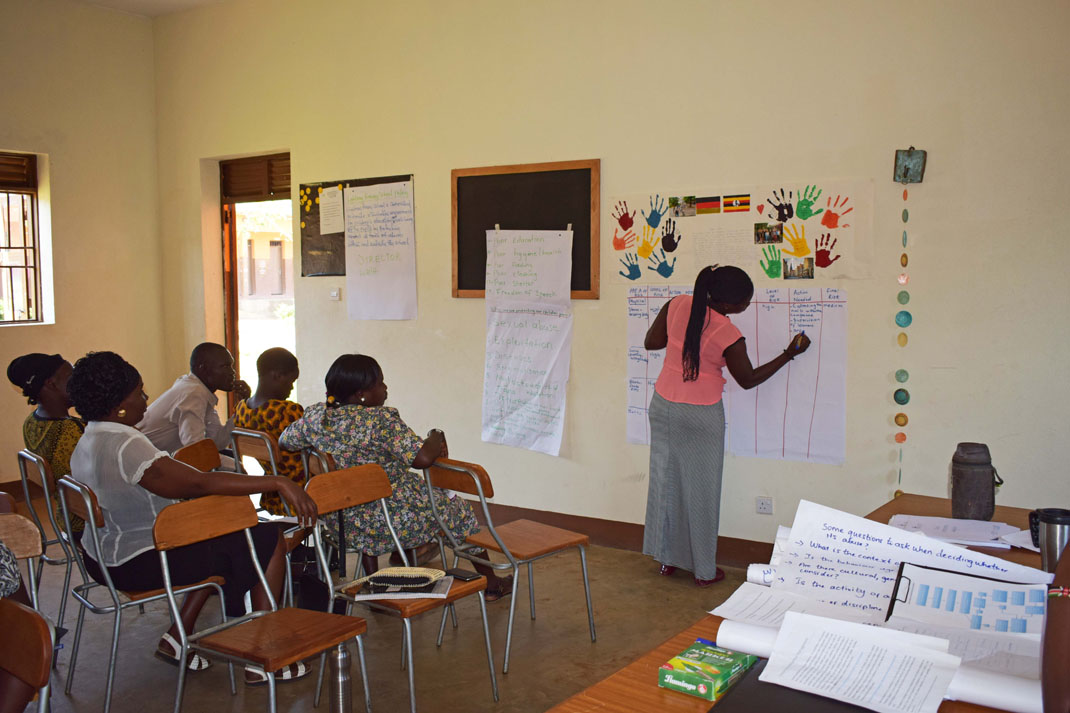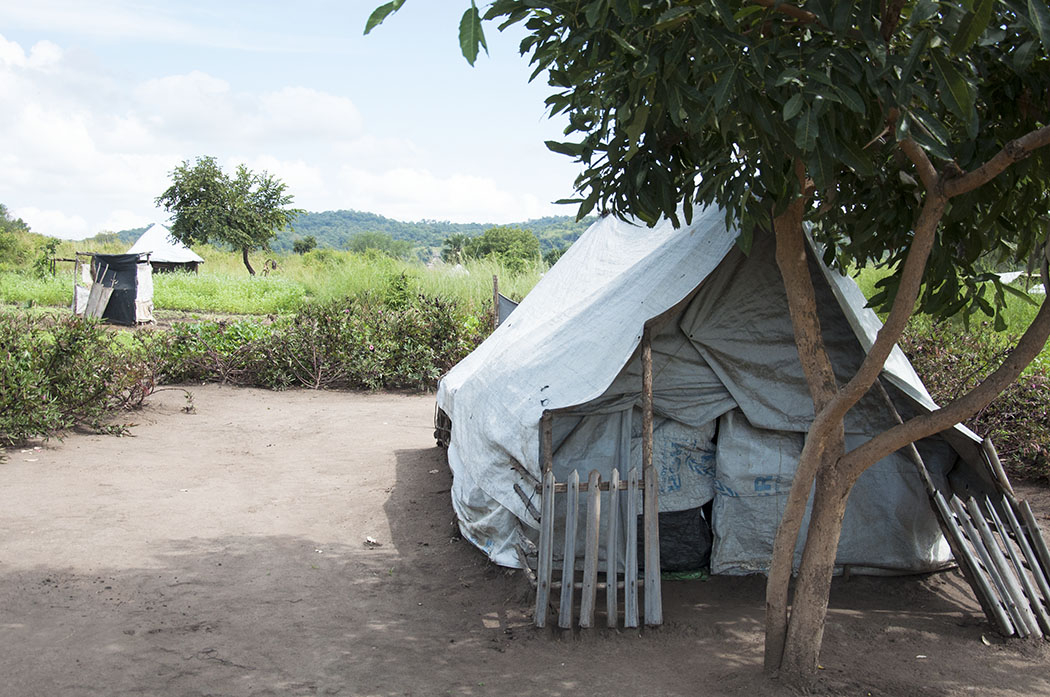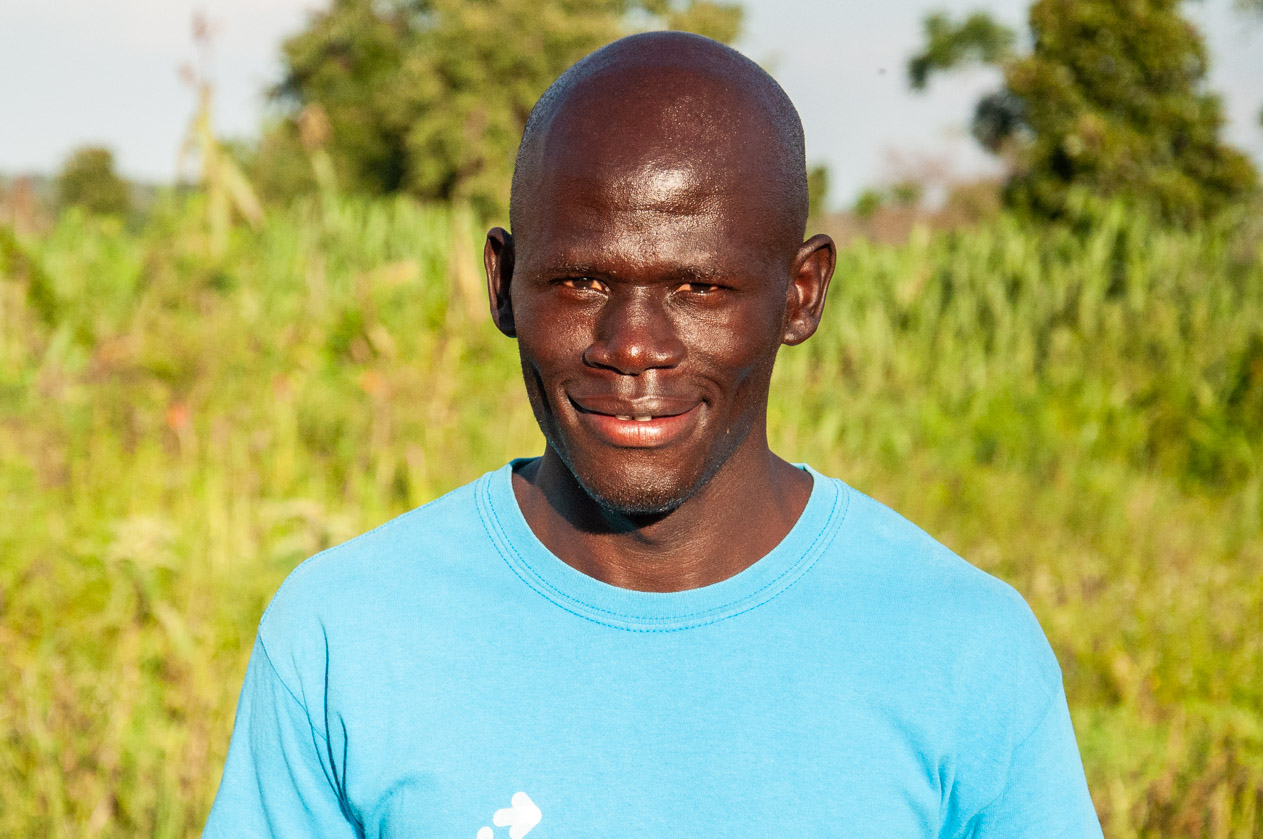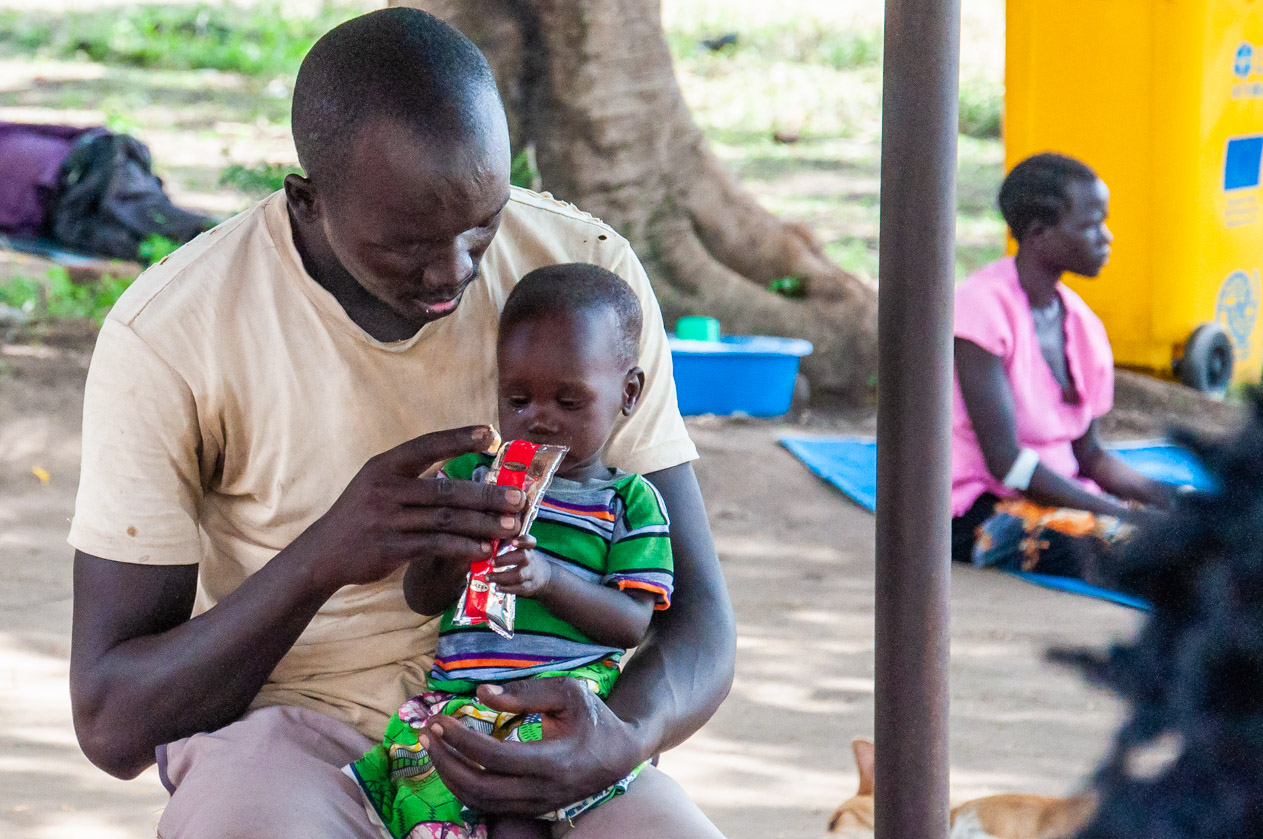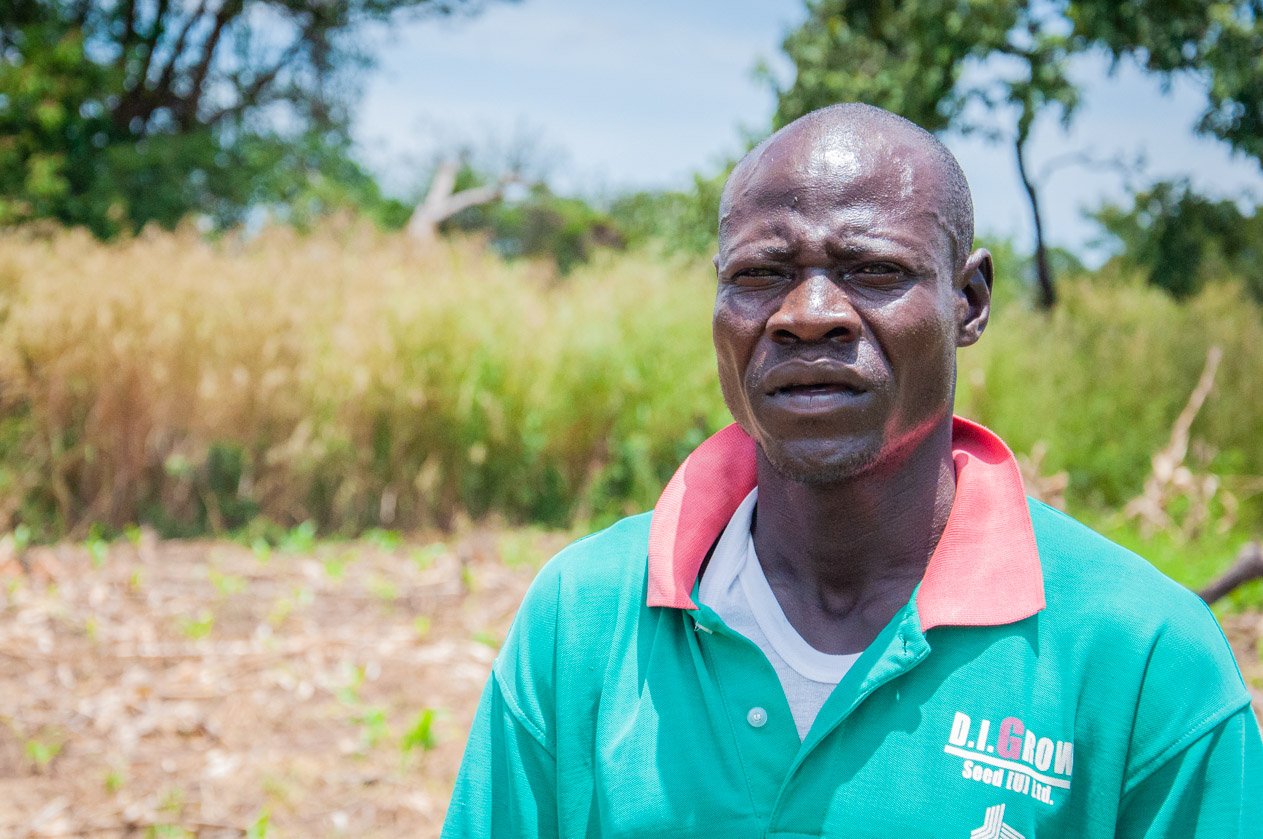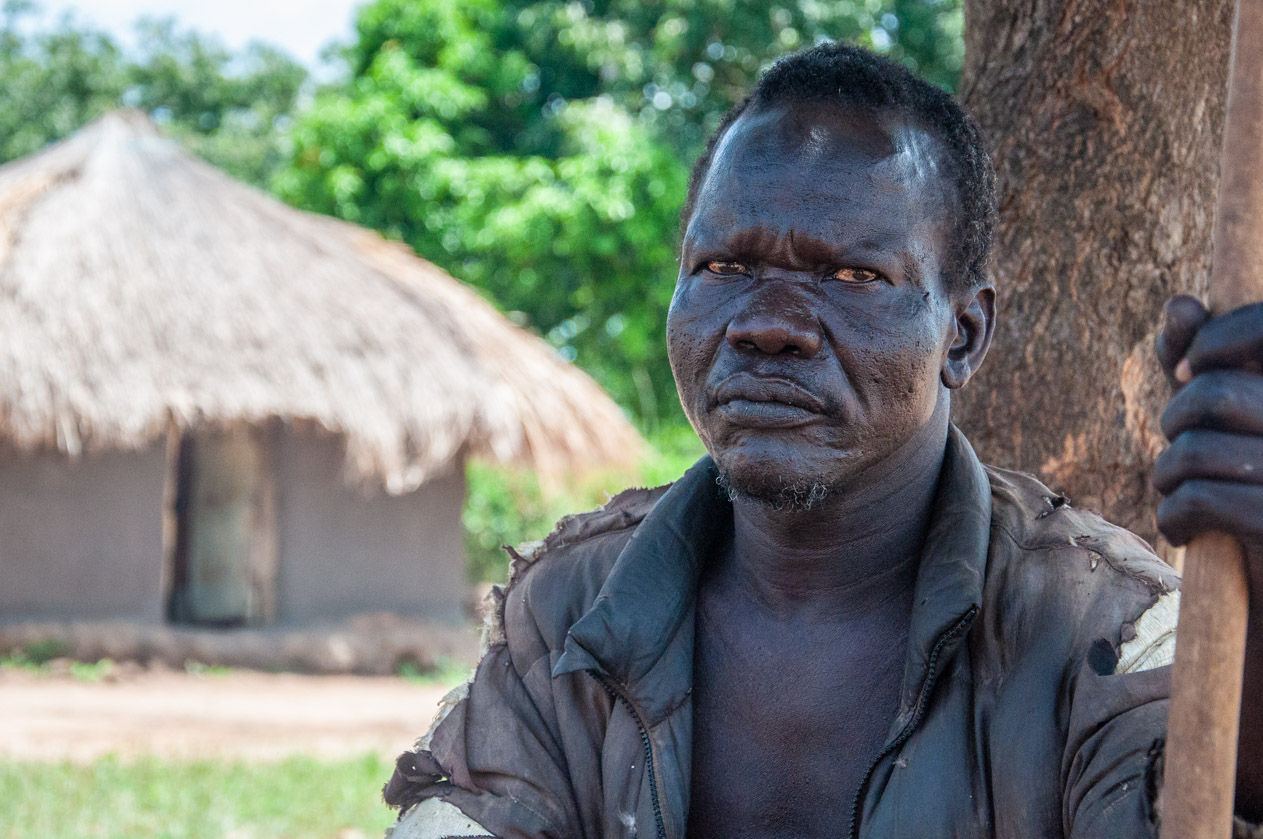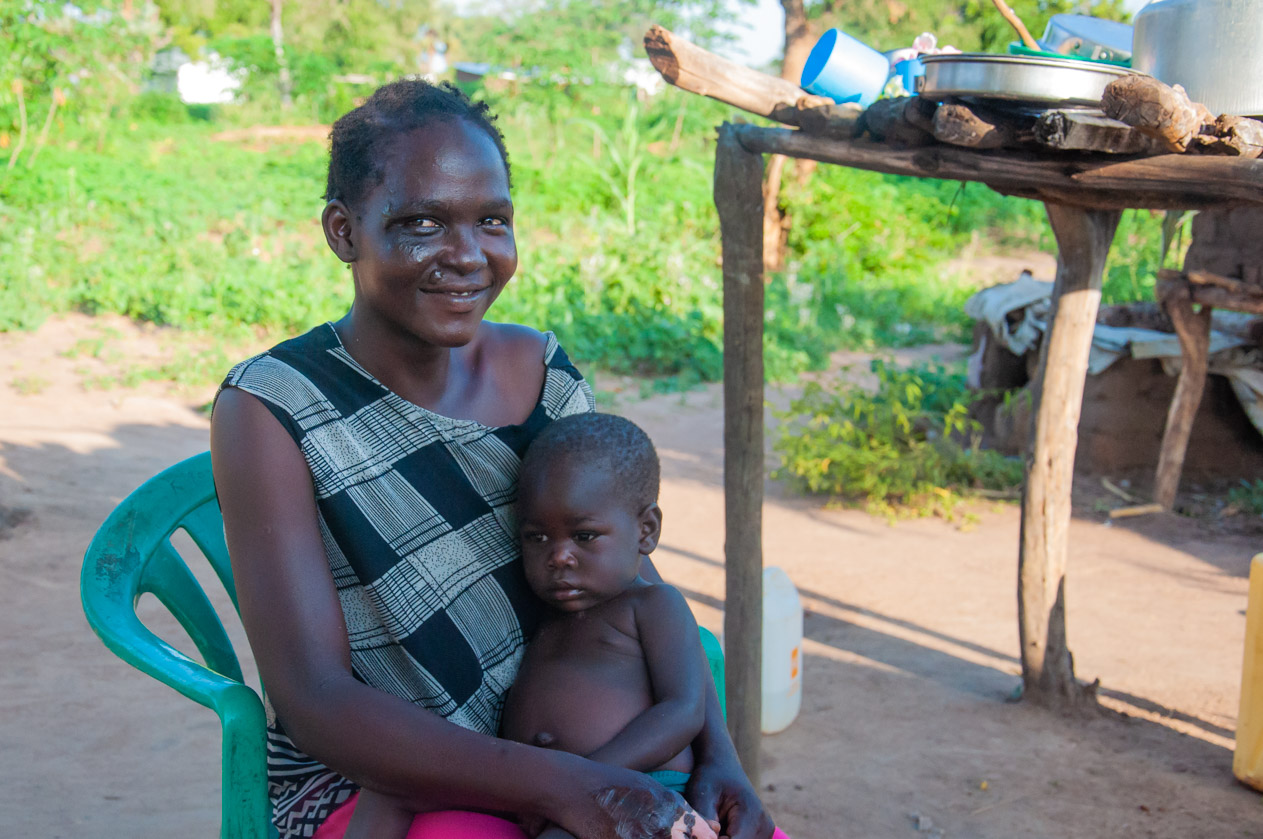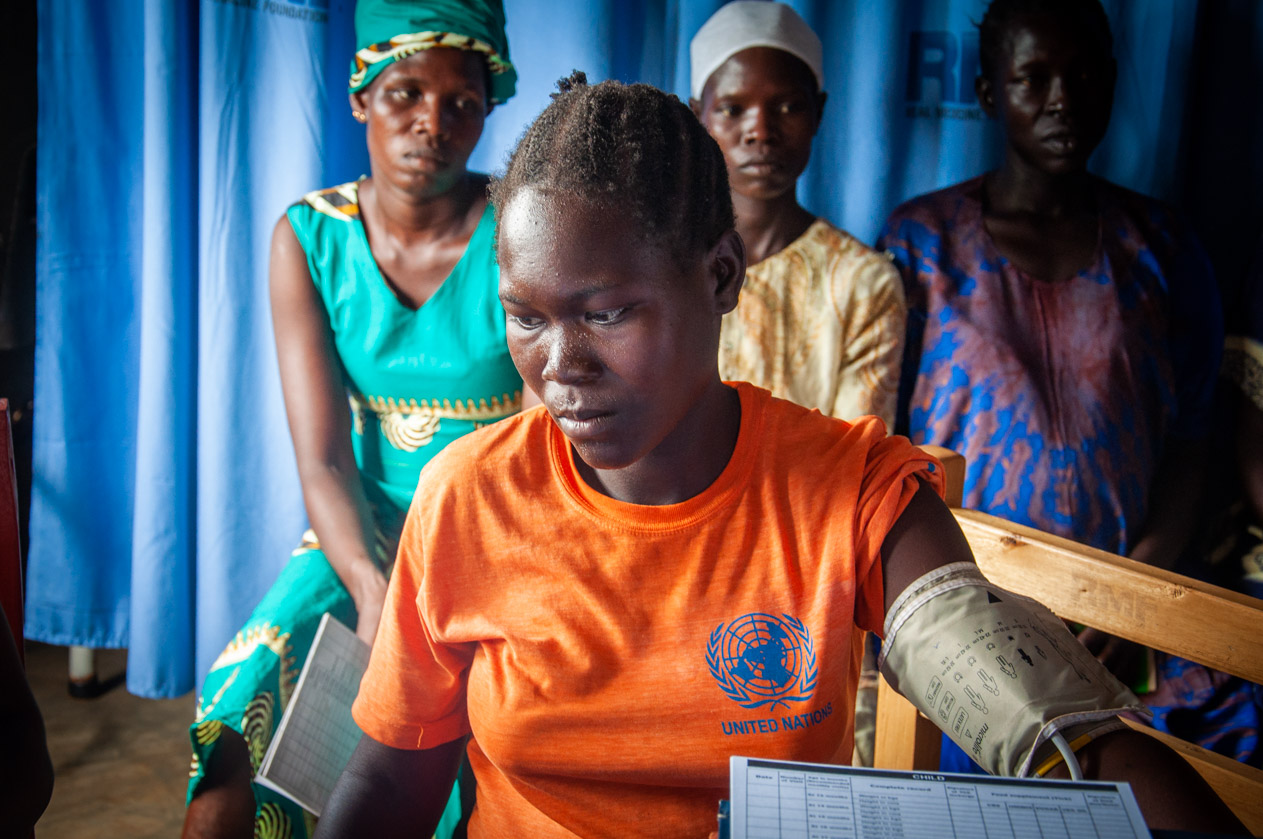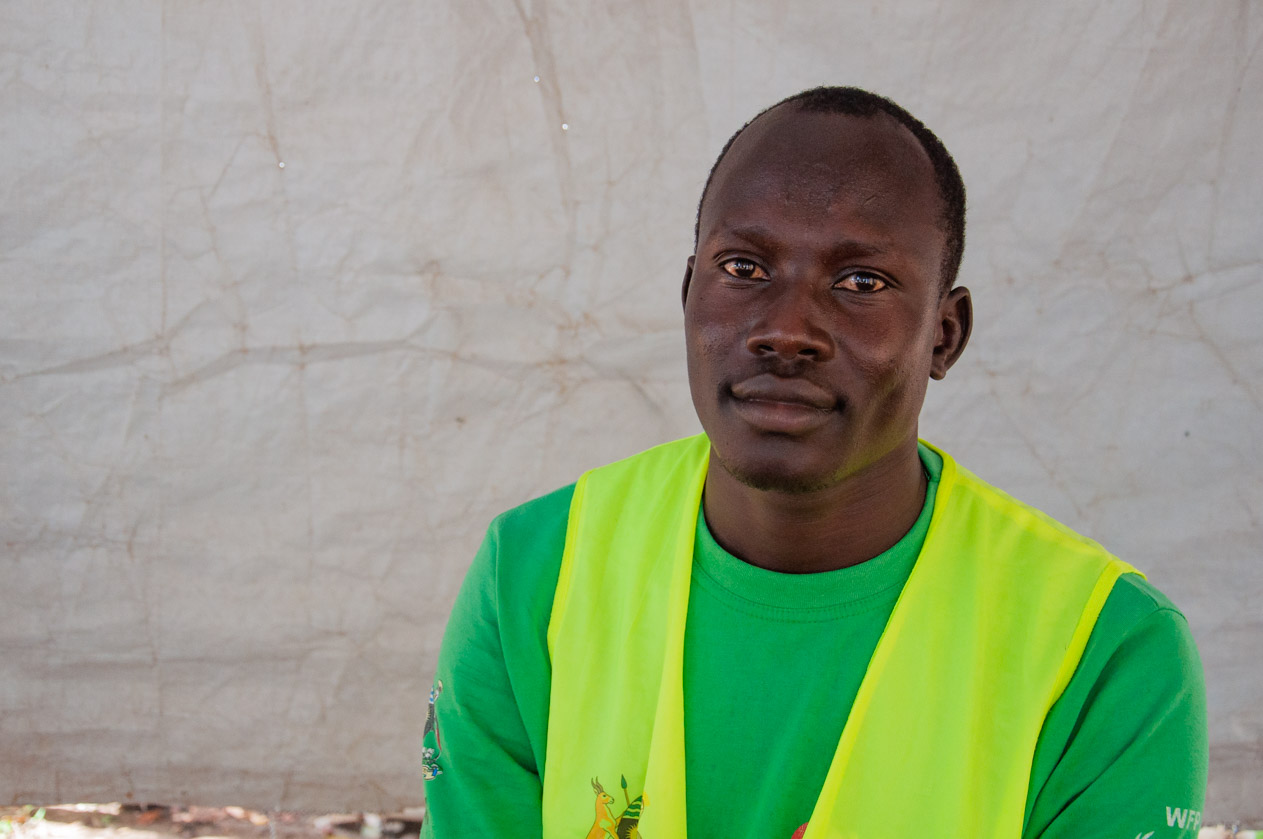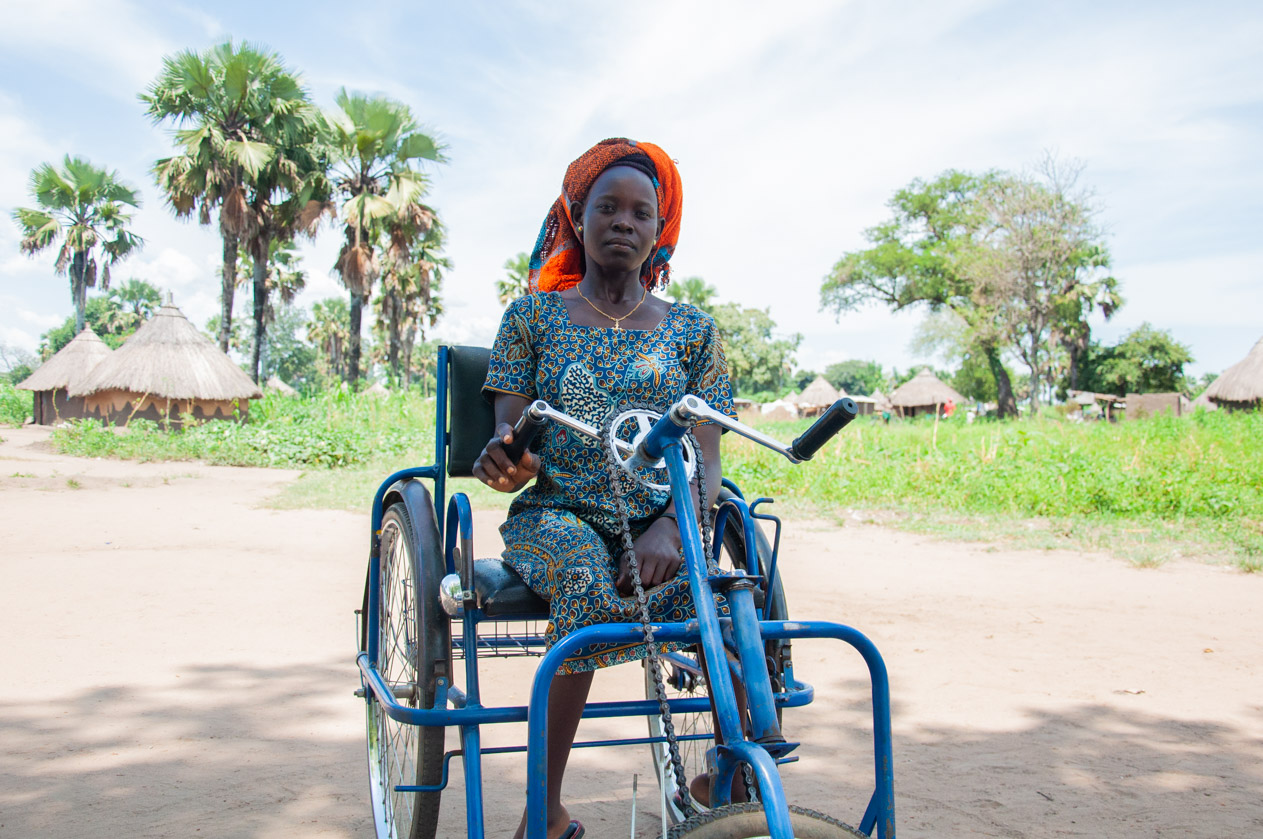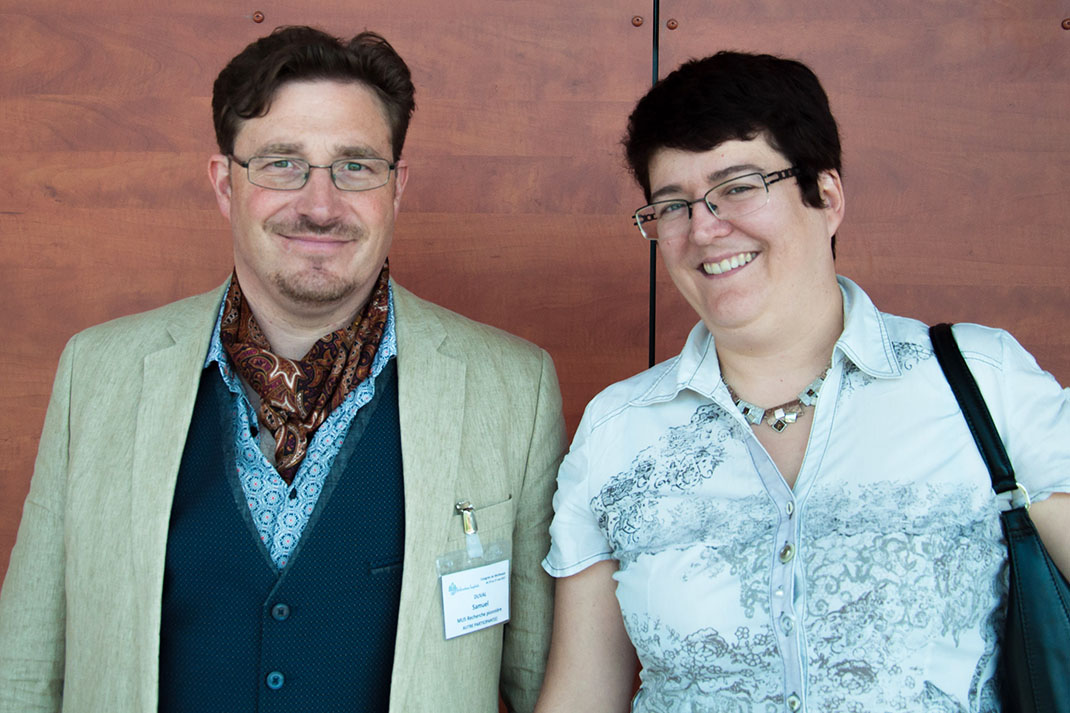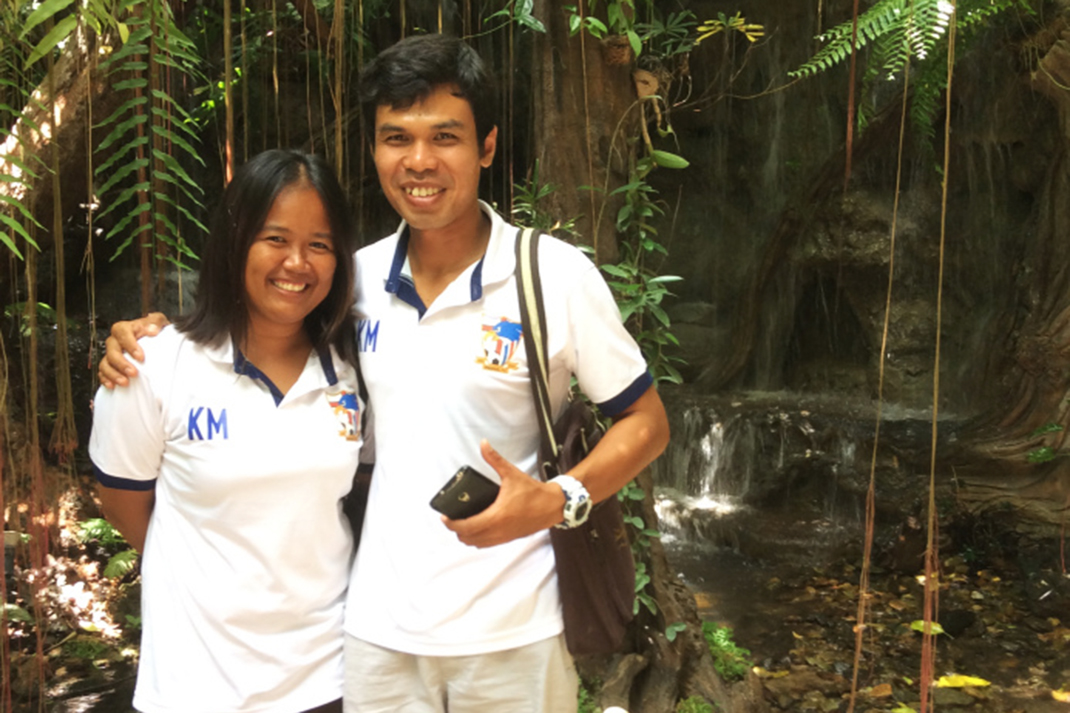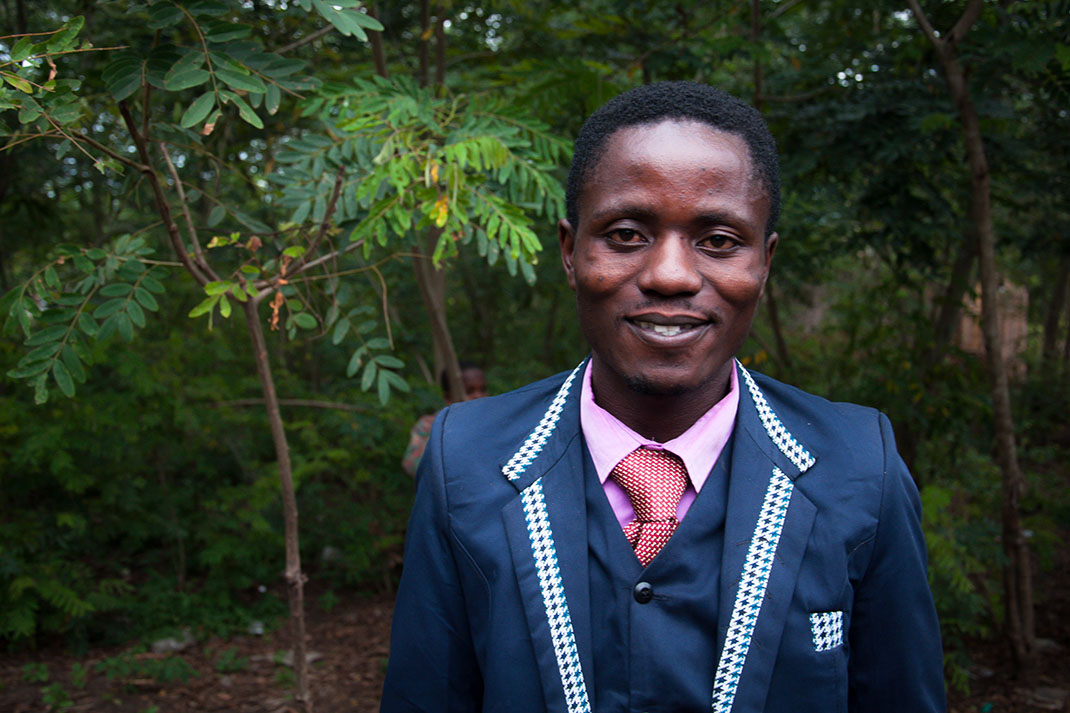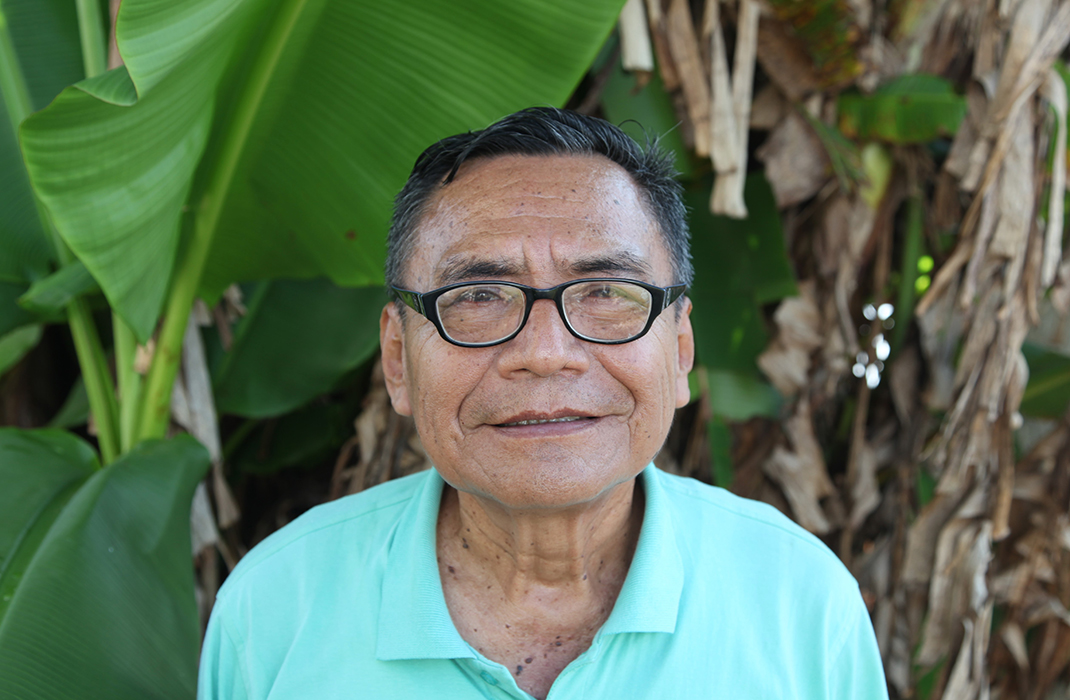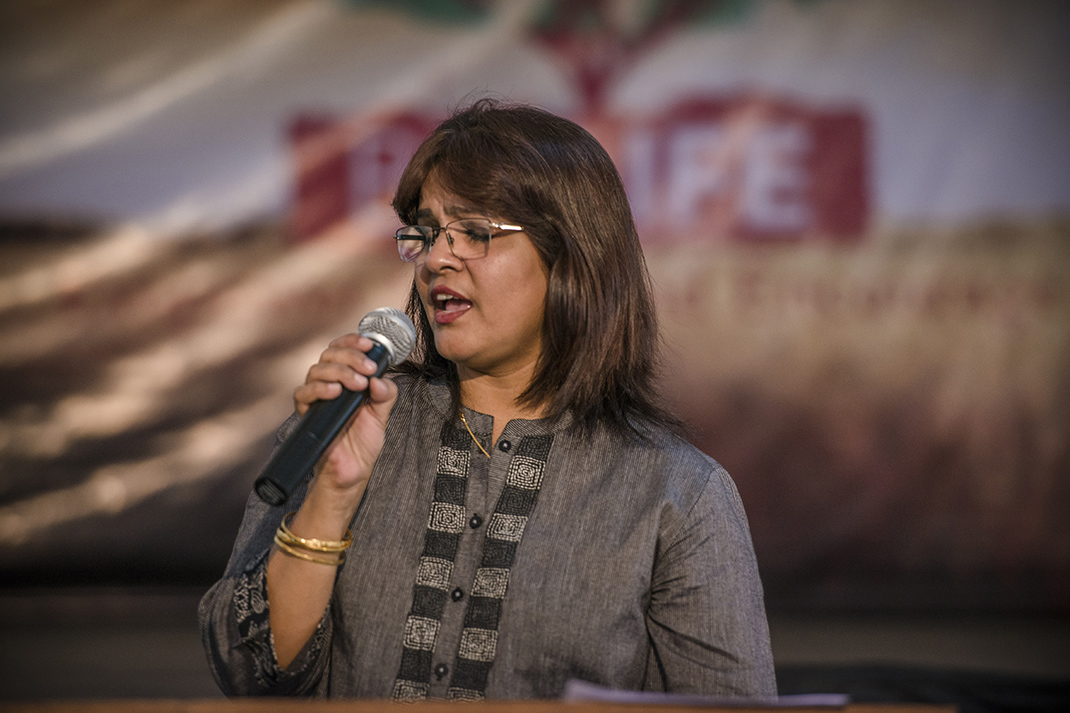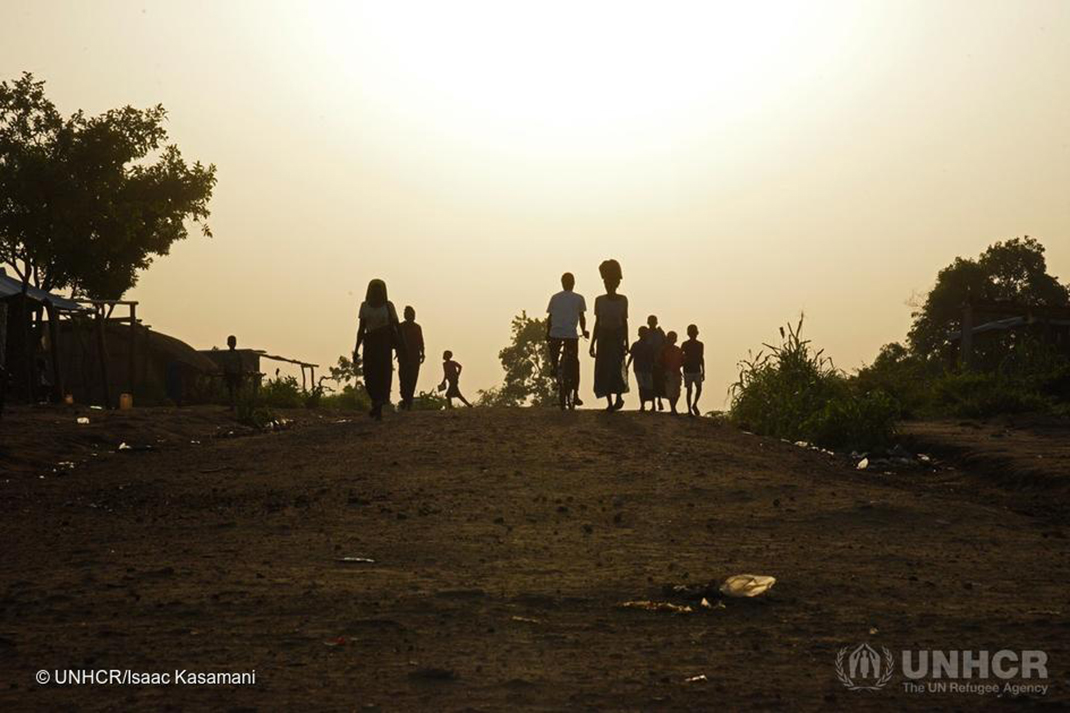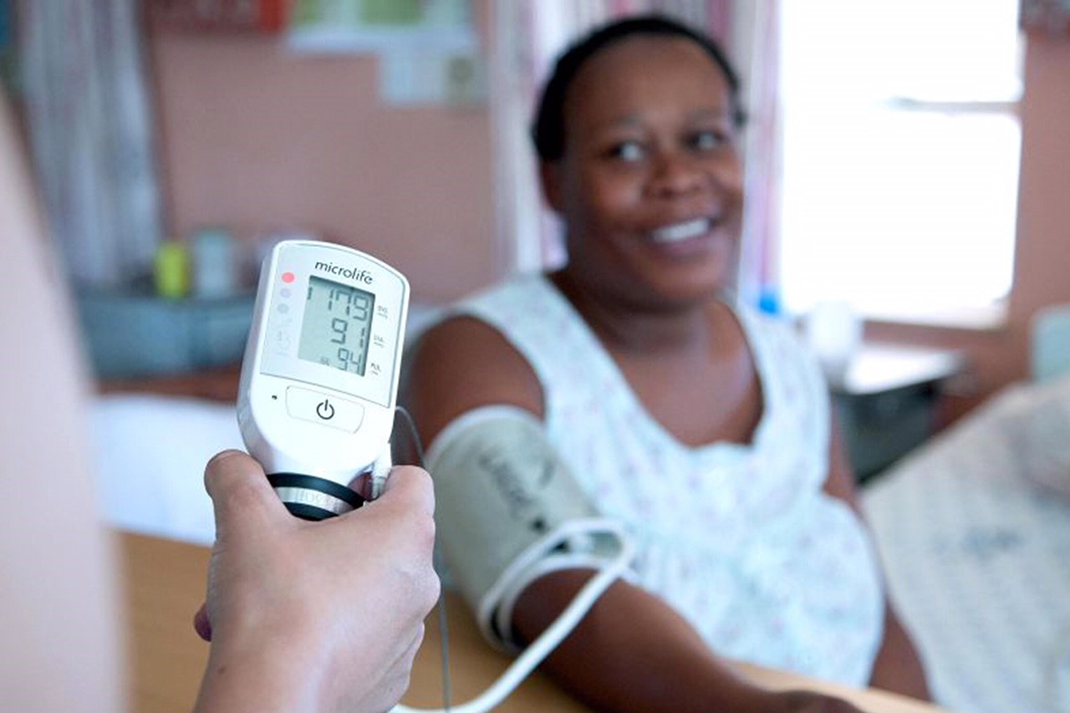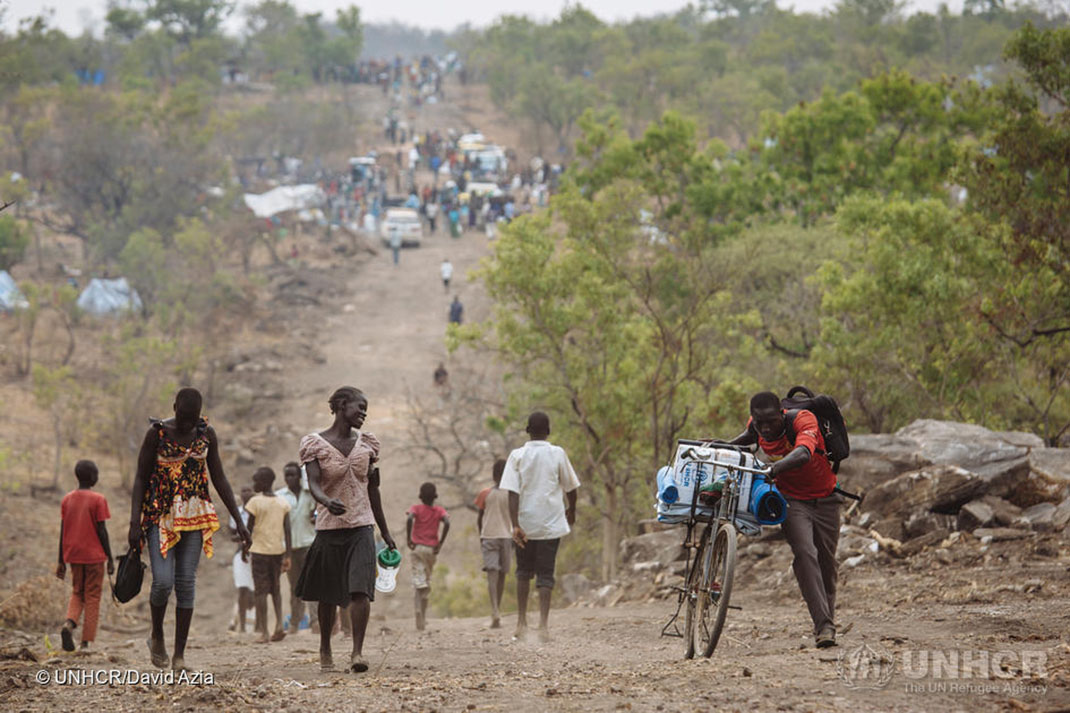From 2009-2019: The lives you’ve transformed
From 2009-2019:
The lives you’ve transformed
God’s done incredible things through your support over the past ten years. Join us as we look back on the last decade of BMS World Mission work, to revisit some of the wonderful people whose lives you’ve changed forever.
2009: Bringing the light of God to France
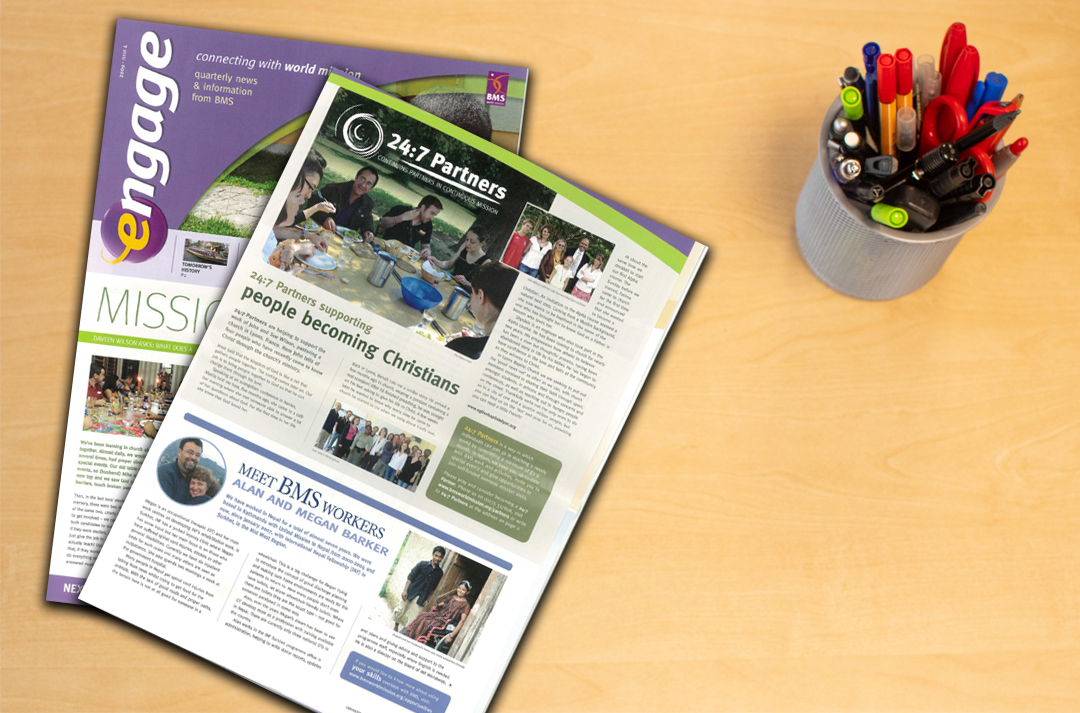
Back in 2009, Engage magazine looked a little different! Way back in Issue 4 of Engage, we caught up with BMS workers John and Sue Wilson, serving in France, who introduced us to four people who had come to Christ through your support!
2010: Fighting drug addiction in Thailand
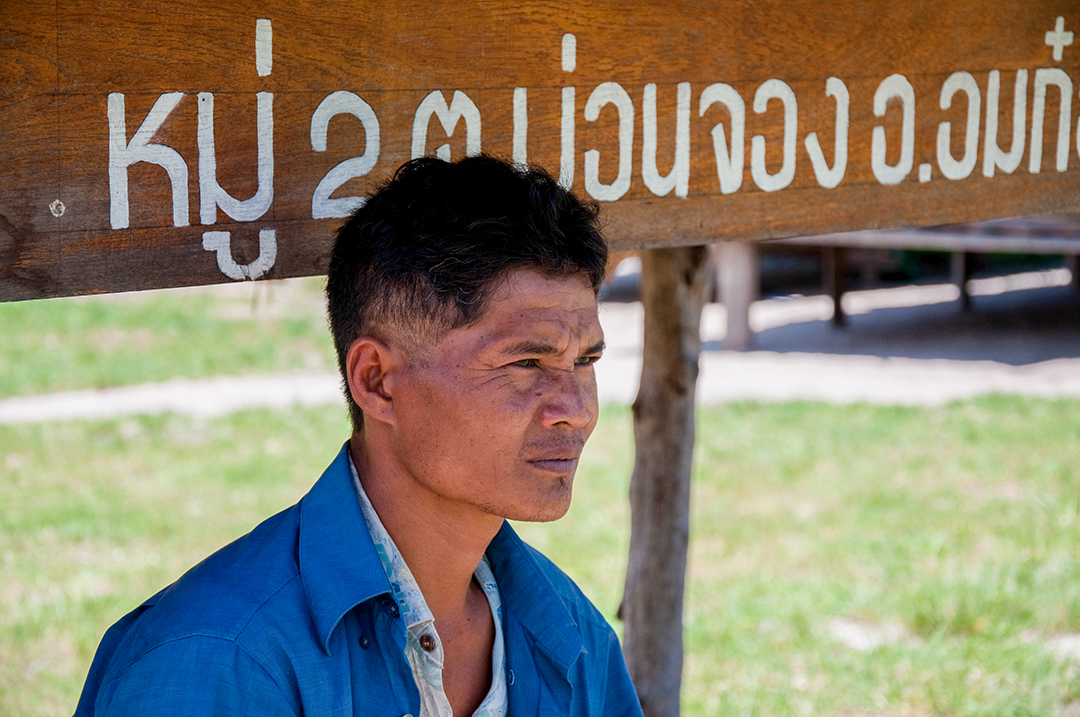
We visited our partners the Thai Karen Baptist Convention back in 2010, to meet some people you helped raise out of addiction. Your generous gifts were used to buy medicine for recovering addicts, as well as fertiliser which helped give addicts and their families a way to grow food and fight poverty.
2011: Planting seeds of faith in Peru
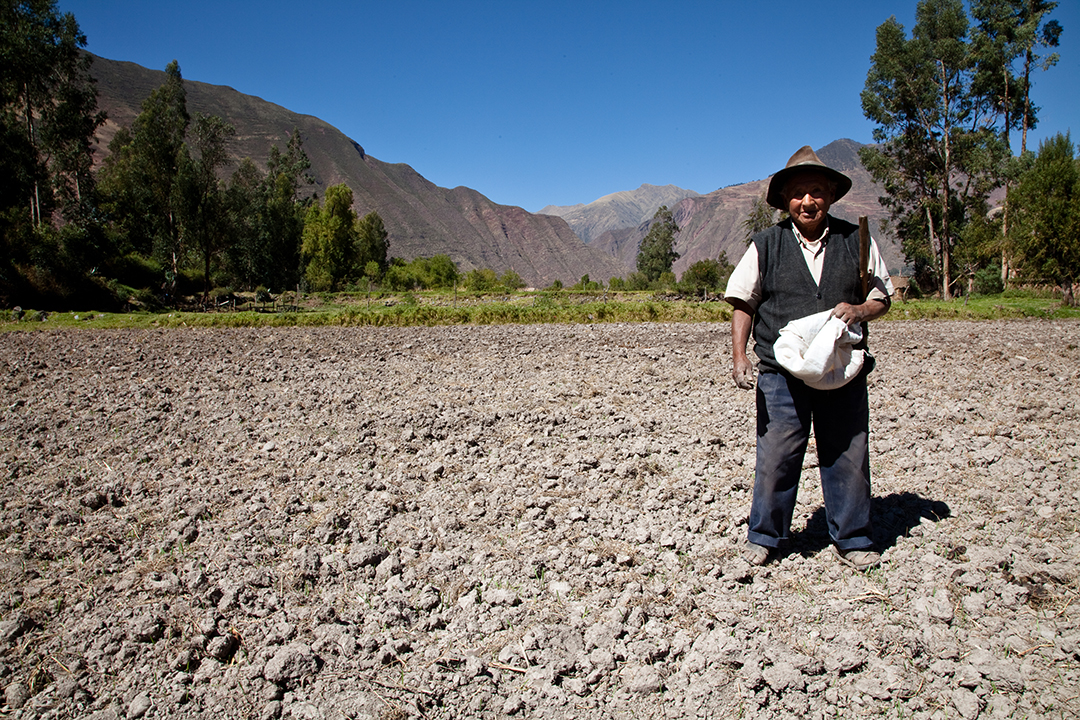
You came with us to Peru in 2011, and we showed you the village of Yucay where 350 people lost their homes and 400 farming families lost their crops after devastating flooding. But your support for these families allowed us to provide seeds for them to plant and rebuild their lives.
2012: Celebrating the undefeated
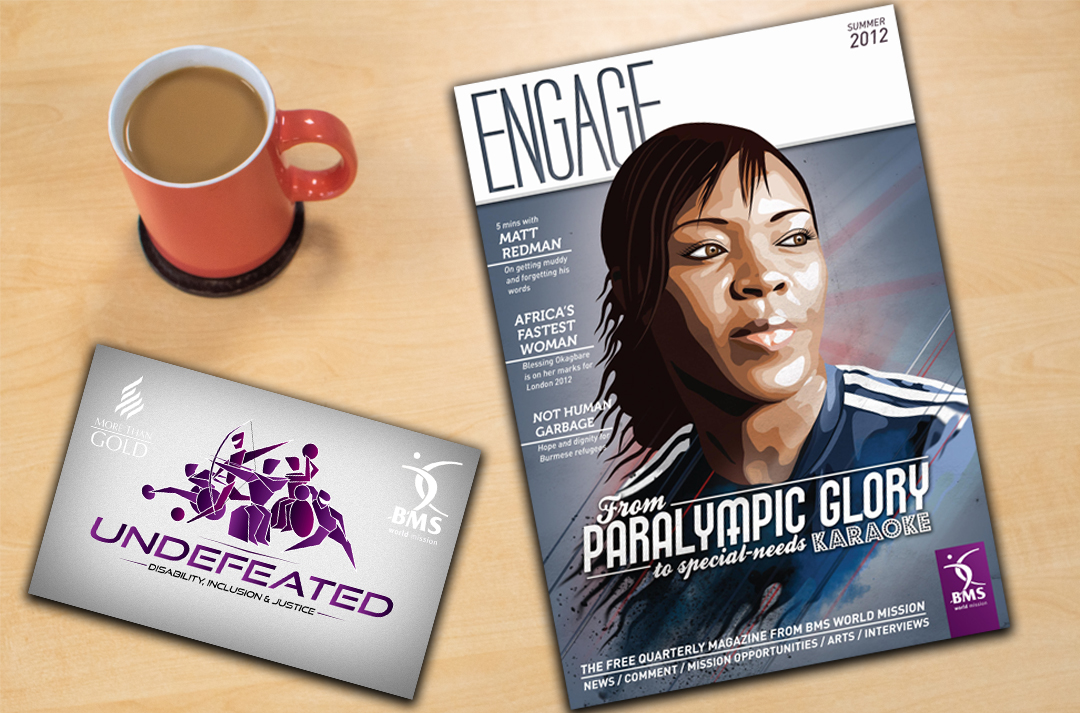
In 2012, Engage got a makeover, and we celebrated the excellence of Paralympians, along with the rest of the UK, with the London 2012 Paralympic Games. Our Undefeated resource shed light on some of the global injustices facing people with disabilities across the world. Your support also helped three Haitian athletes compete in the Paralympics!
2013: Lifting up North Korea in prayer
A country that lays heavy on many of our hearts is North Korea, one of the toughest places in the world to be a Christian. We know how much our supporters want to see release and revival in this closed nation, which is why in 2013 you joined us in prayer for North Korea as part of our Project Cyrus initiative.
We’re looking for pre-2012 editions of Engage for our archives! Do you have any? We’d love to hear from you! Get in touch by emailing ldurrant@bmsworldmission.org to let us know which issues you have.
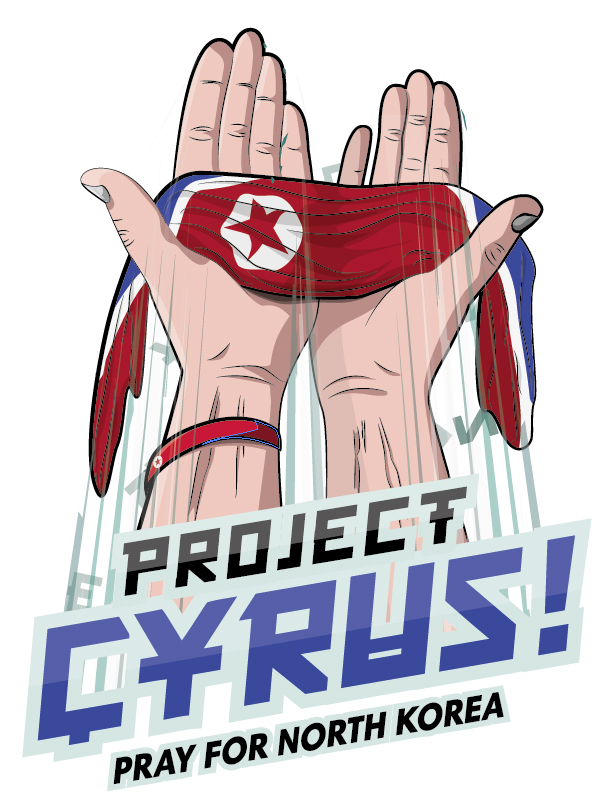
2014: Standing with women across the world
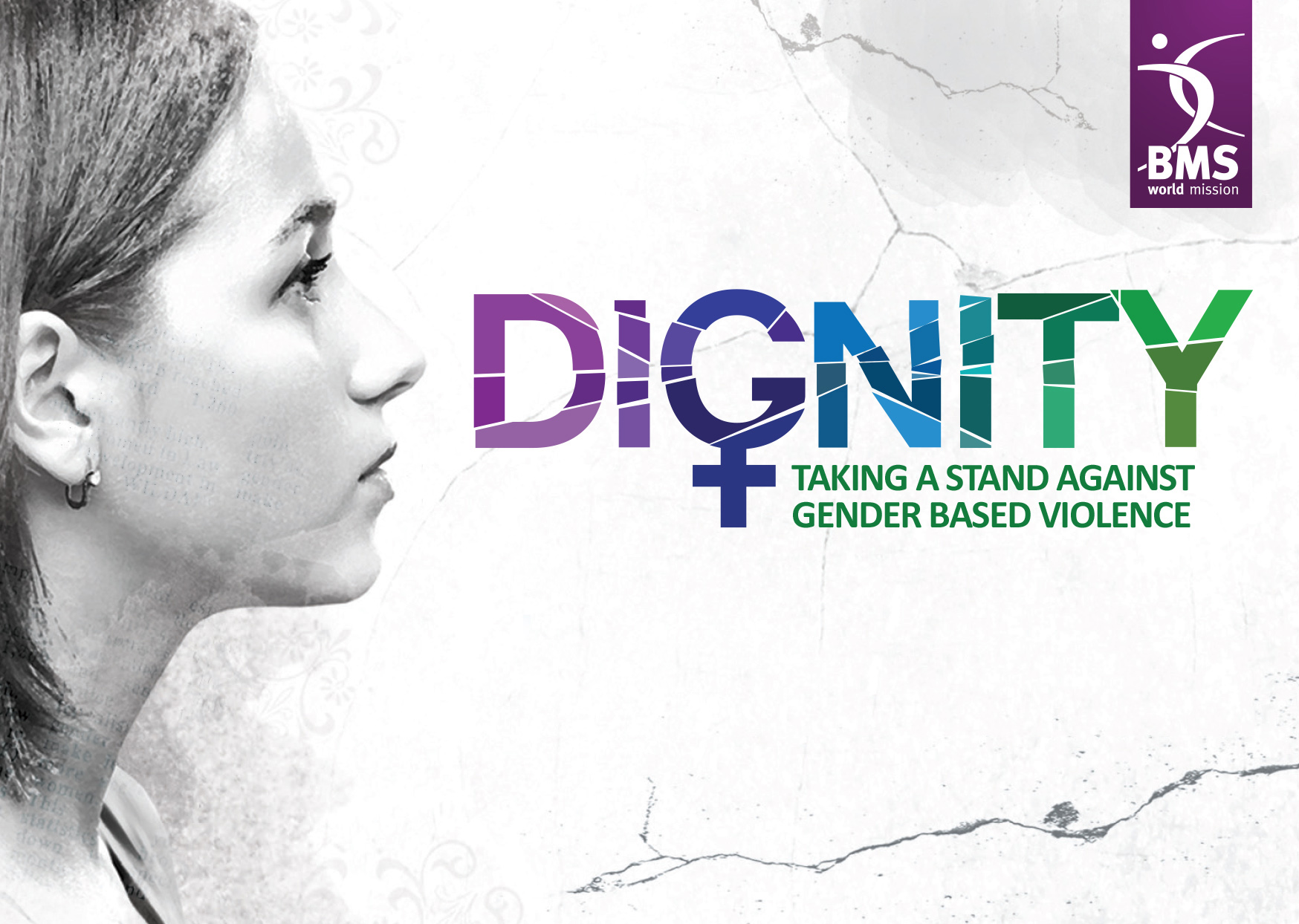
The 2010s was a decade where the struggles of women across the world were brought to the fore, which is why we launched our Dignity resource in 2014, to campaign against gender-based violence (GBV). Your support enabled us to equip and educate leaders and congregations across the world to handle the harmful impacts of GBV.
2015: Sending relief to Nepal
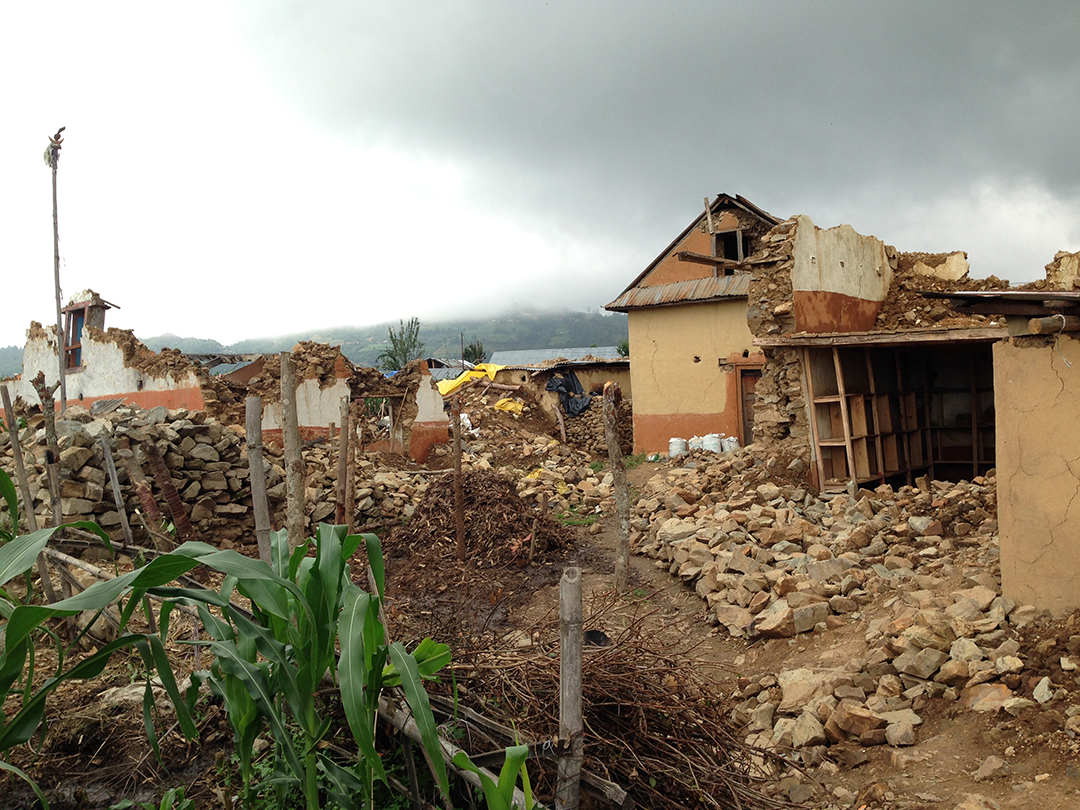
Two devastating earthquakes struck Nepal in April and May of 2015, killing over 8,000 people and directly impacting over 8 million others. You gave over £650,000 – the biggest relief response of the decade! Thanks to your generous giving, you provided trauma victims with necessary counselling, and rebuilt schools destroyed by the earthquakes.
2016: Stepping out in faith in India
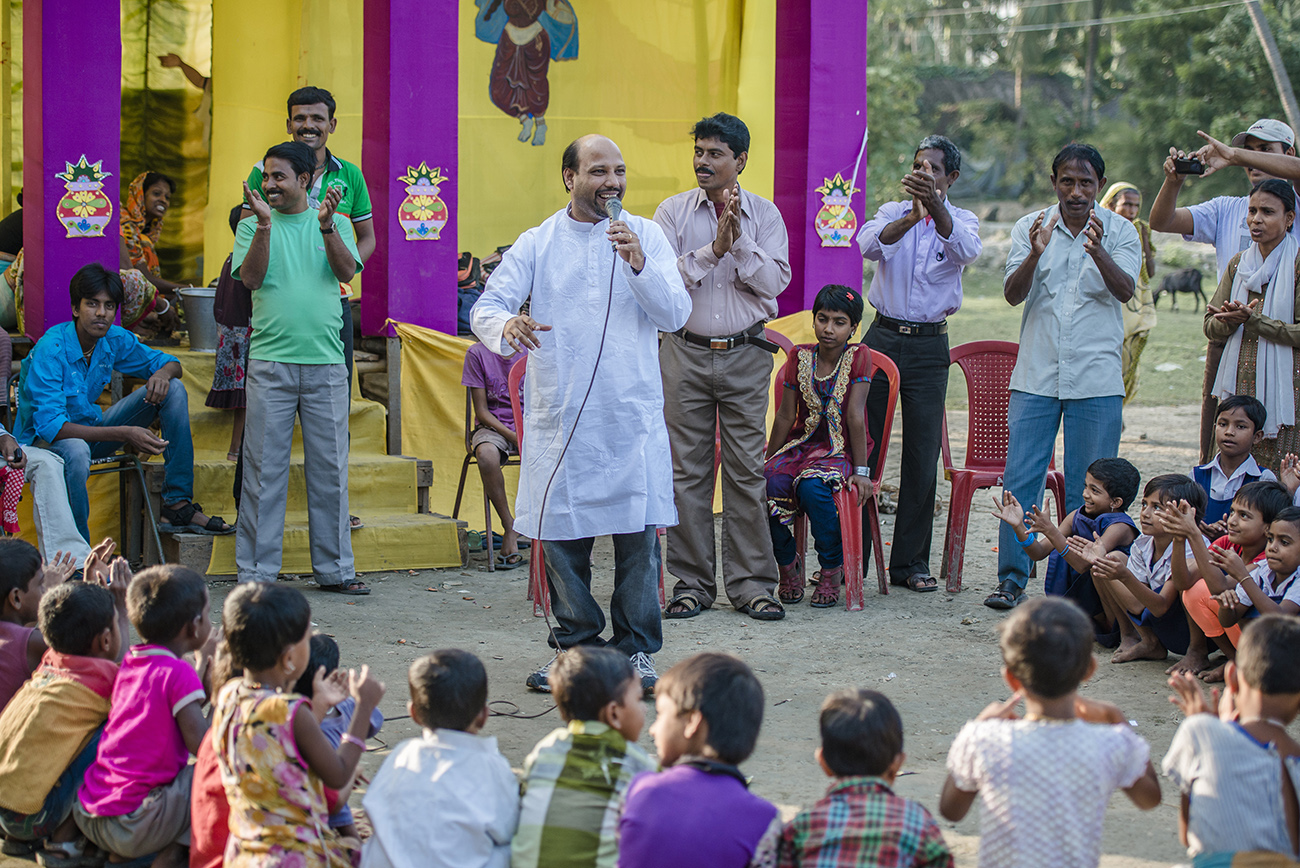
In 2016, you gave to the incredible work of BMS evangelist Ben Francis, planting churches in some of the least evangelised communities in India. Ben’s team and many other Christians living in these parts of India are faced with horrific persecution from religious extremist groups, but your support made it possible for them to continue to step out in faith.
2017: Sharing art from Syria
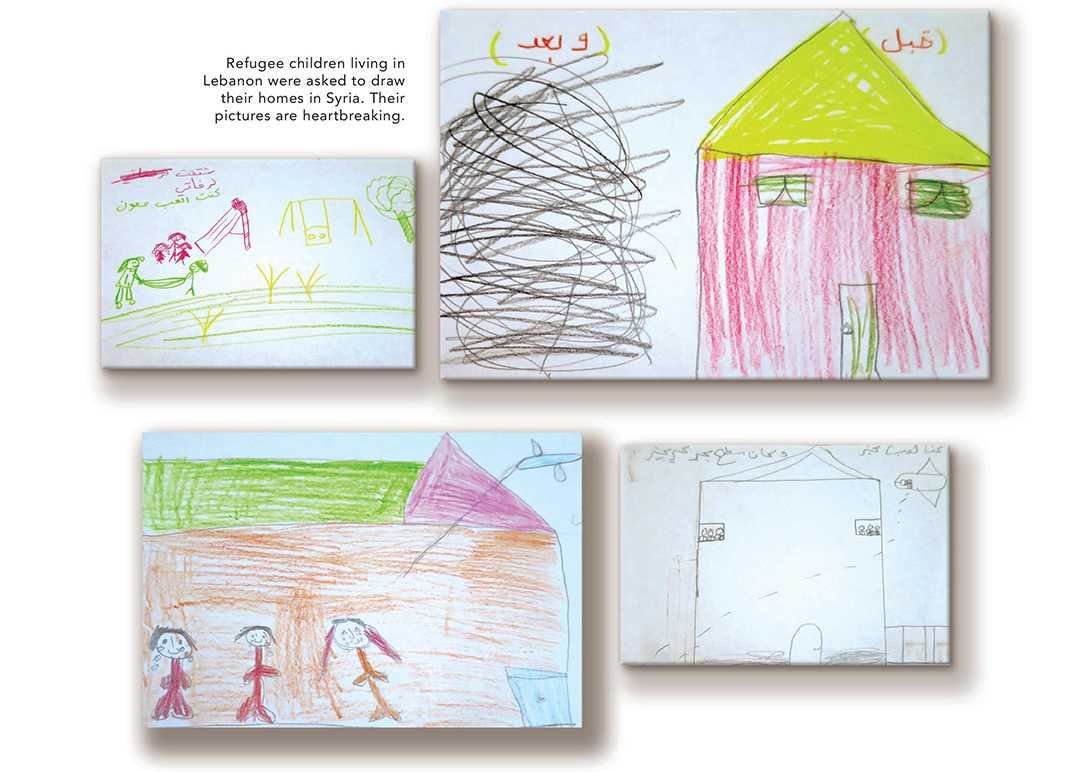
Another tragedy facing the world this decade was the Syrian refugee crisis. In a newly designed issue of Engage magazine in 2017, we showed you some artwork created by Syrian refugee children you supported in Lebanon. Their work might reveal the trauma they faced in their home country, but your support showed them how much UK Christians care about their future, by getting them back into school.
2018: New life in Afghanistan
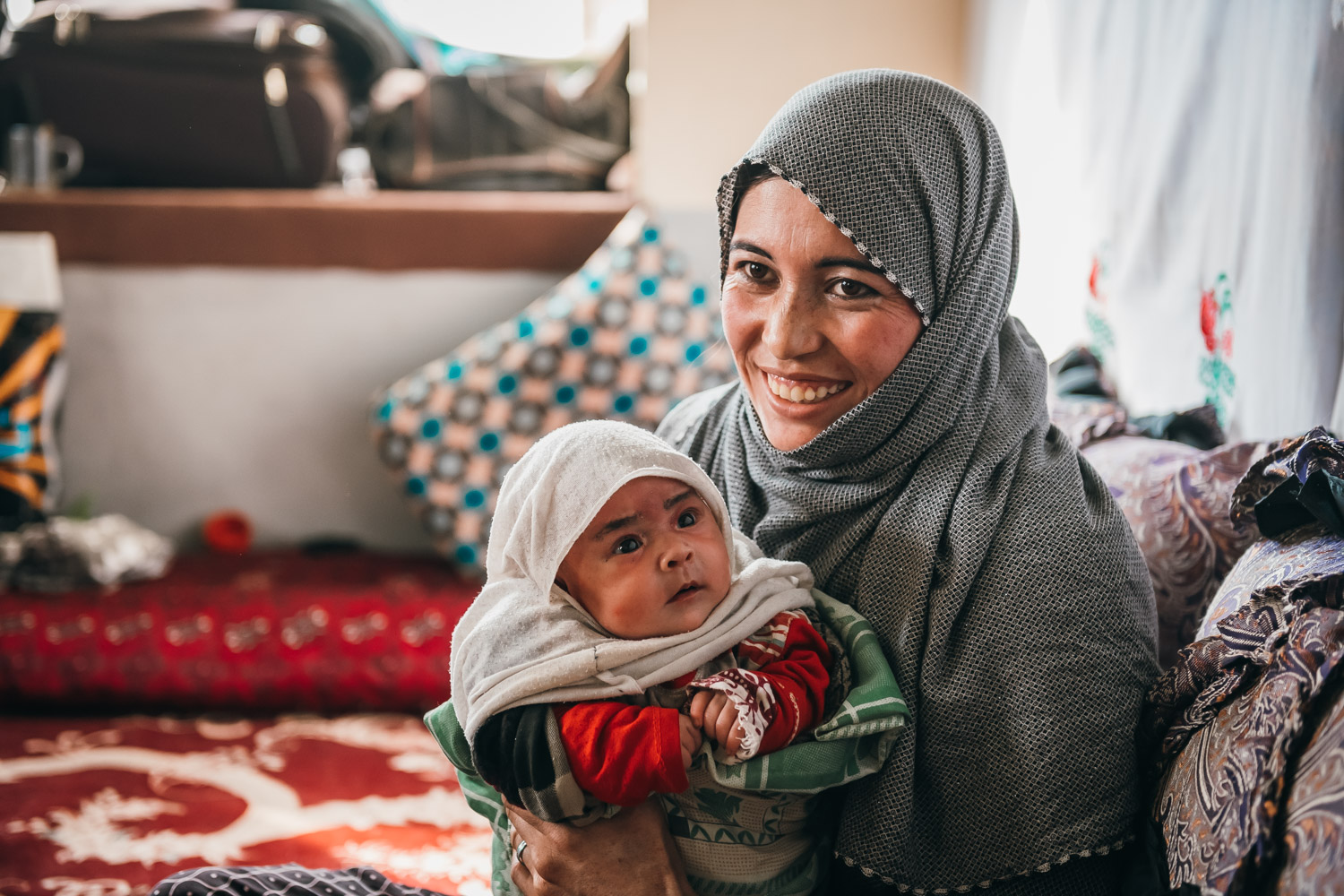
We couldn’t talk about 2018 without mentioning Life’s First Cry. With an award-nominated feature video, we introduced you to Andisha, Taban and Laalah: three mothers from Afghanistan, all of whom have had to watch their children die in childbirth. You enabled them to learn safe birthing practices and now they all have children who are thriving.
2019: Chosen by God in Uganda
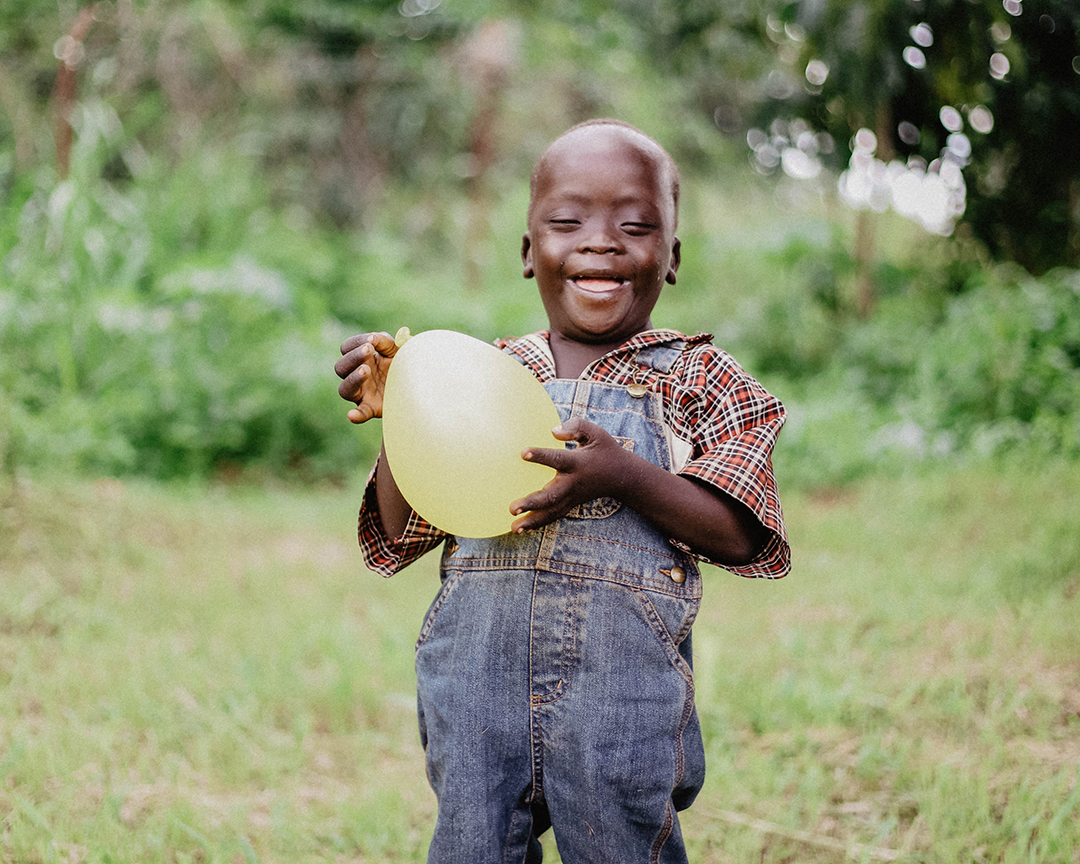
And last but not least, in 2019 we introduced you to Innocent, the God-given boy of Gulu, Uganda. Innocent has Down Syndrome, and his mother was told to abandon him when he was young. But she knew that he was special, and now, thanks to your support, he’s able to attend a group with other children with Down Syndrome, where he can feel loved, accepted. He knows he has a part in God’s plan.
We can’t wait to see what God has in store over the next ten years, and beyond! If you want to be part of God’s work, please give to BMS work. This is your chance to make a lasting change across the world.
Words by Laura Durrant.

